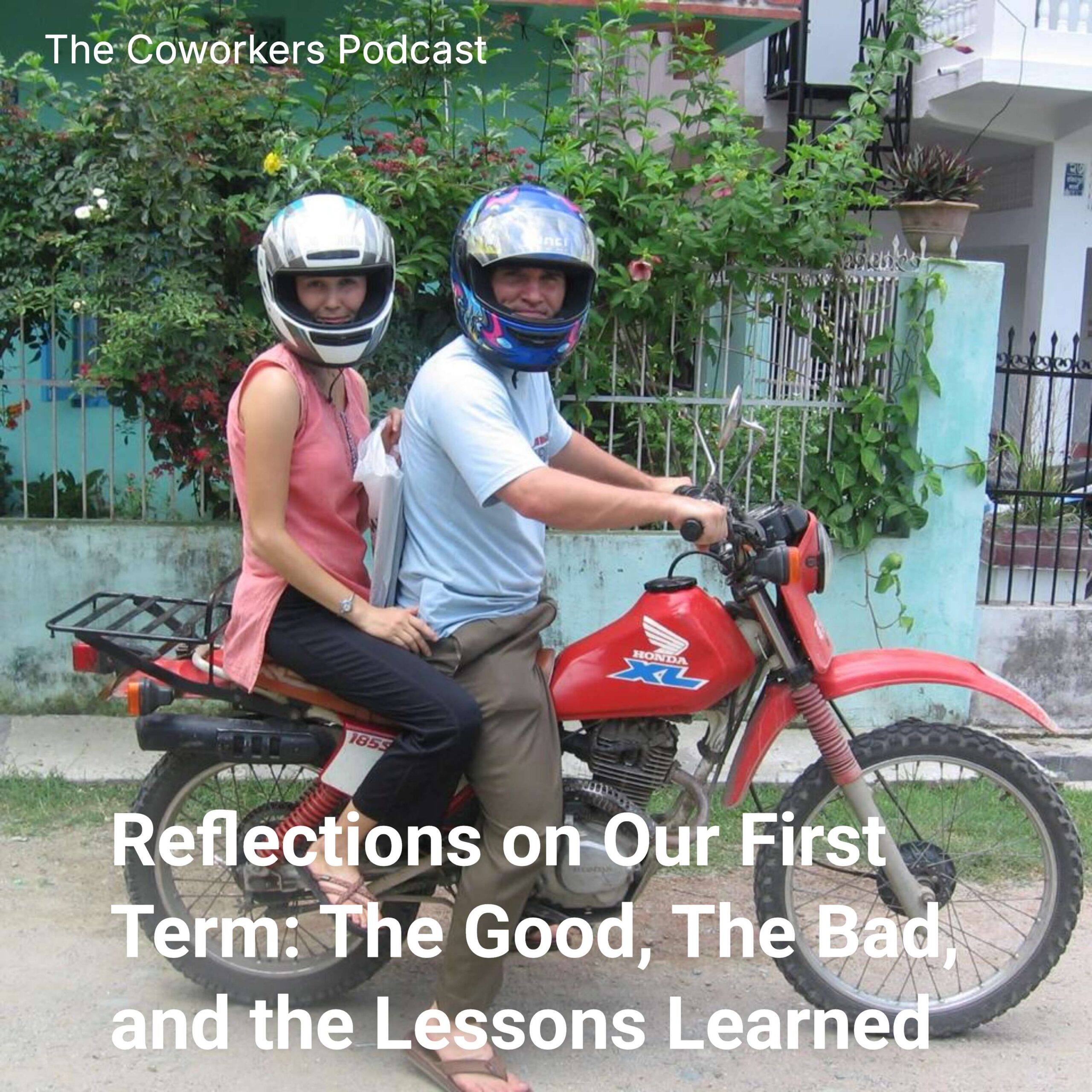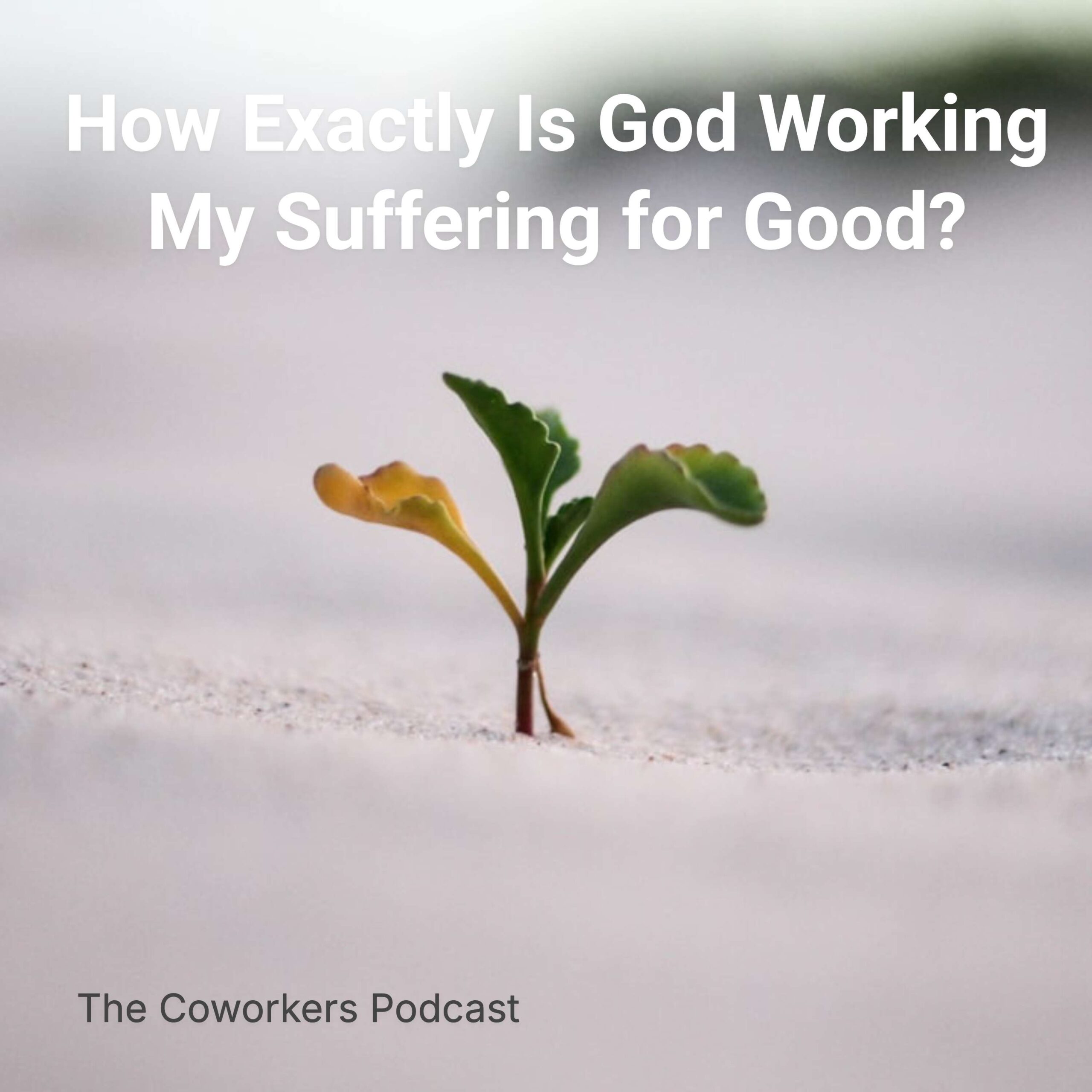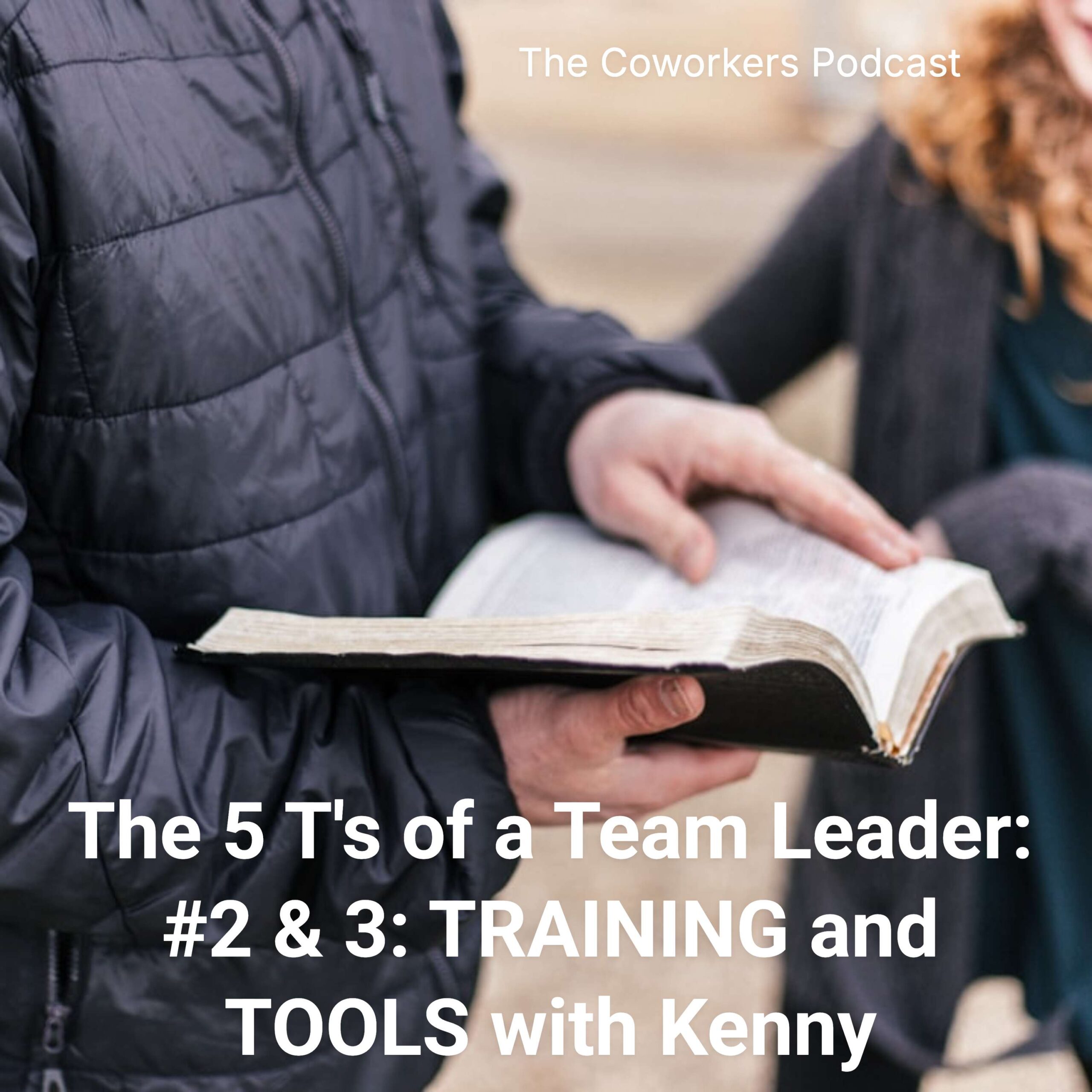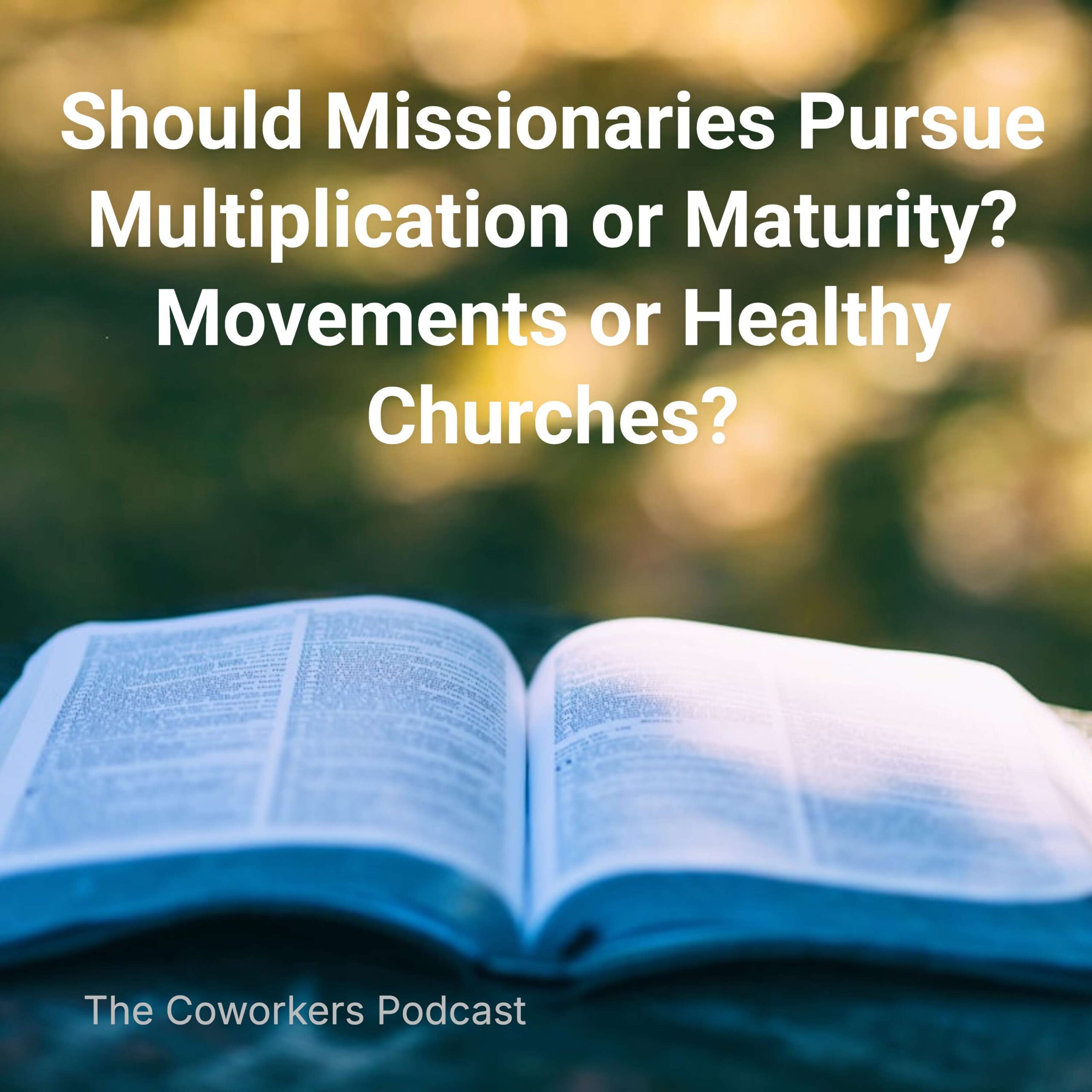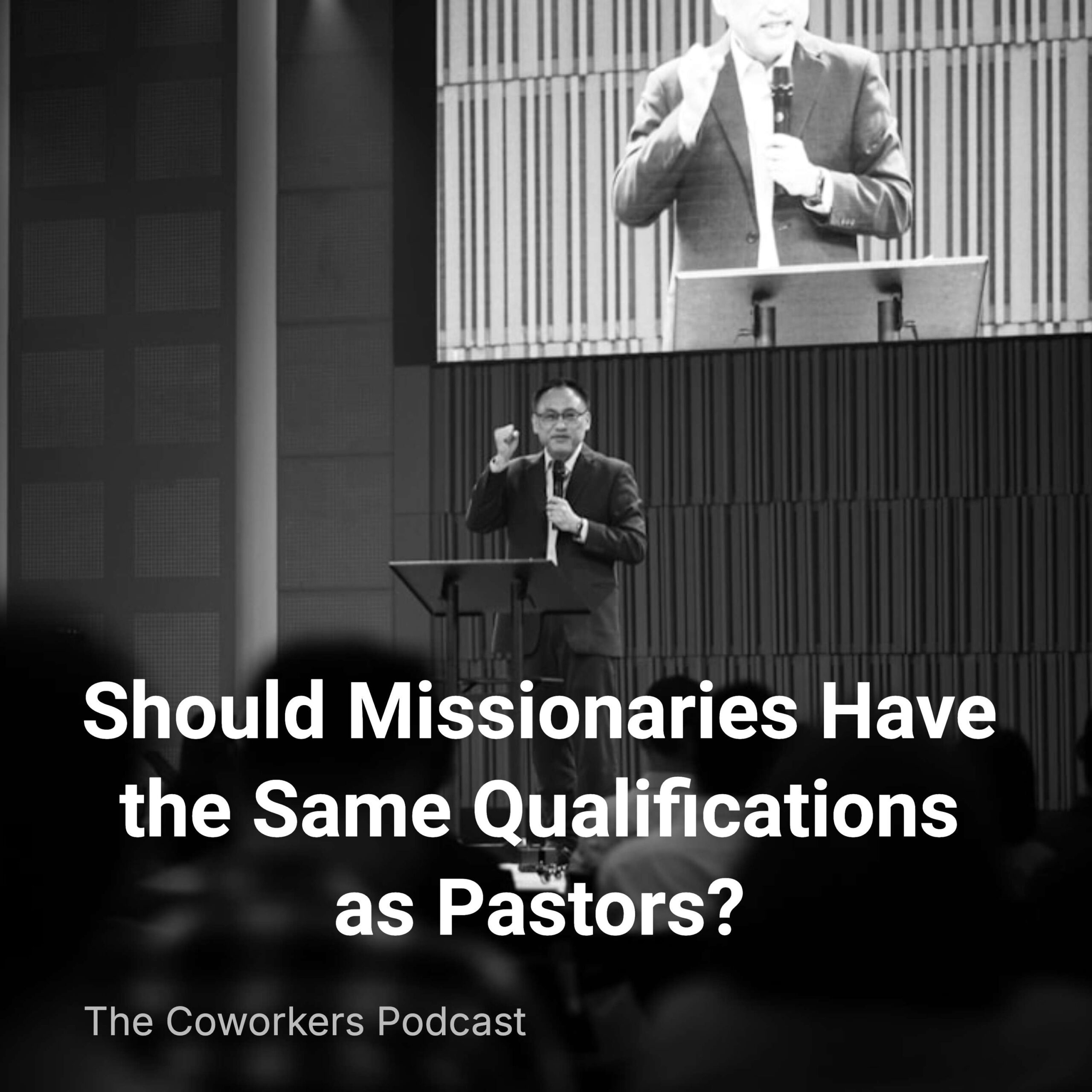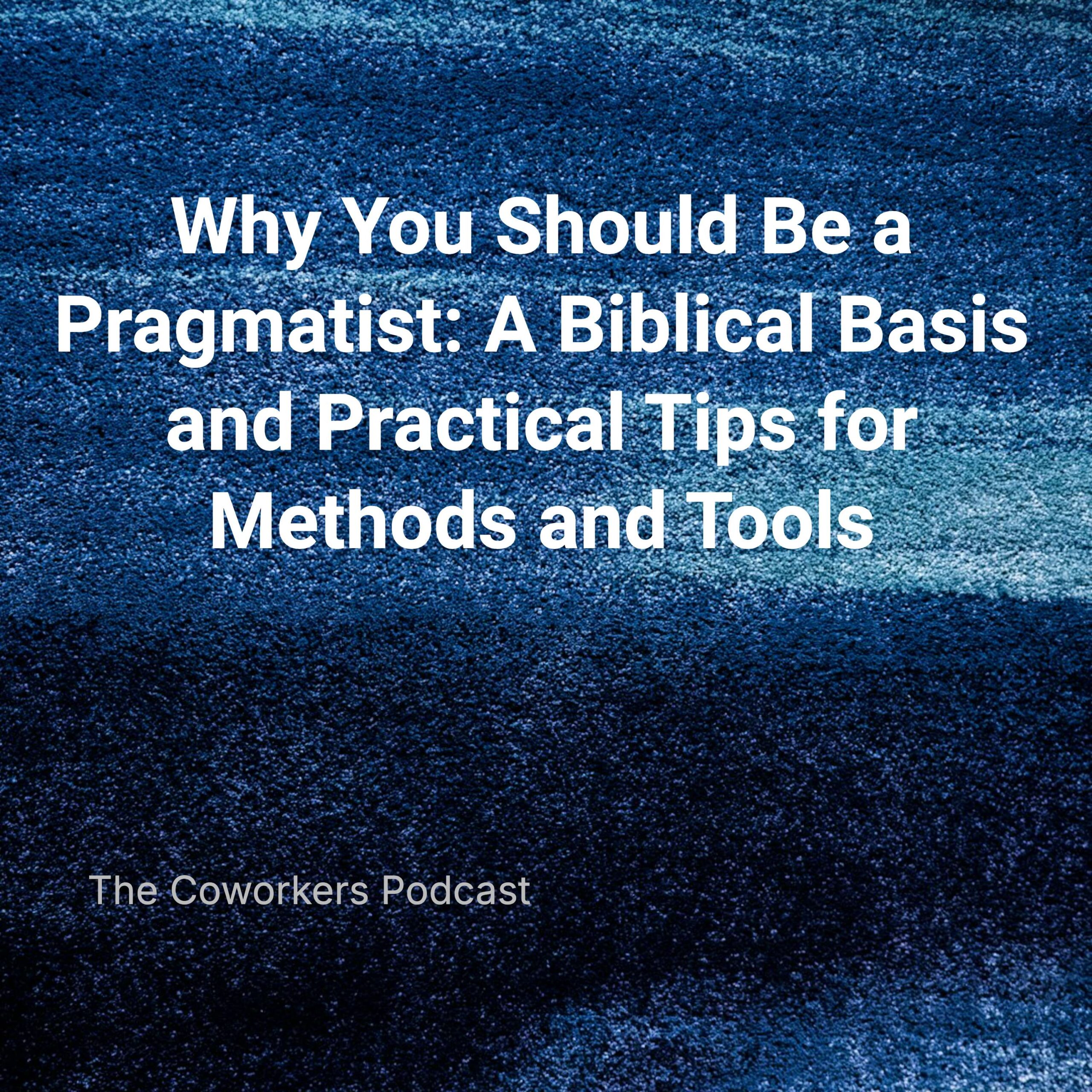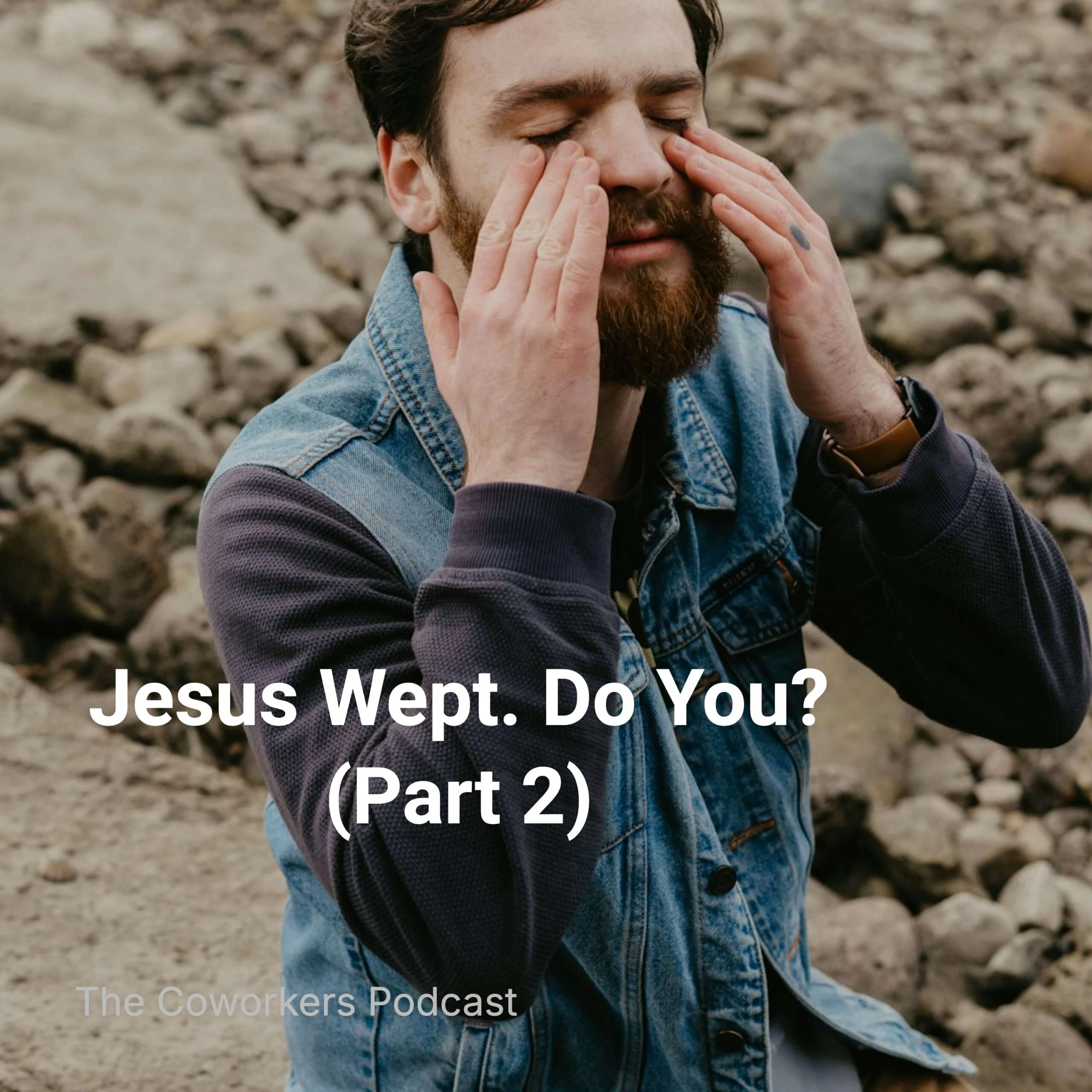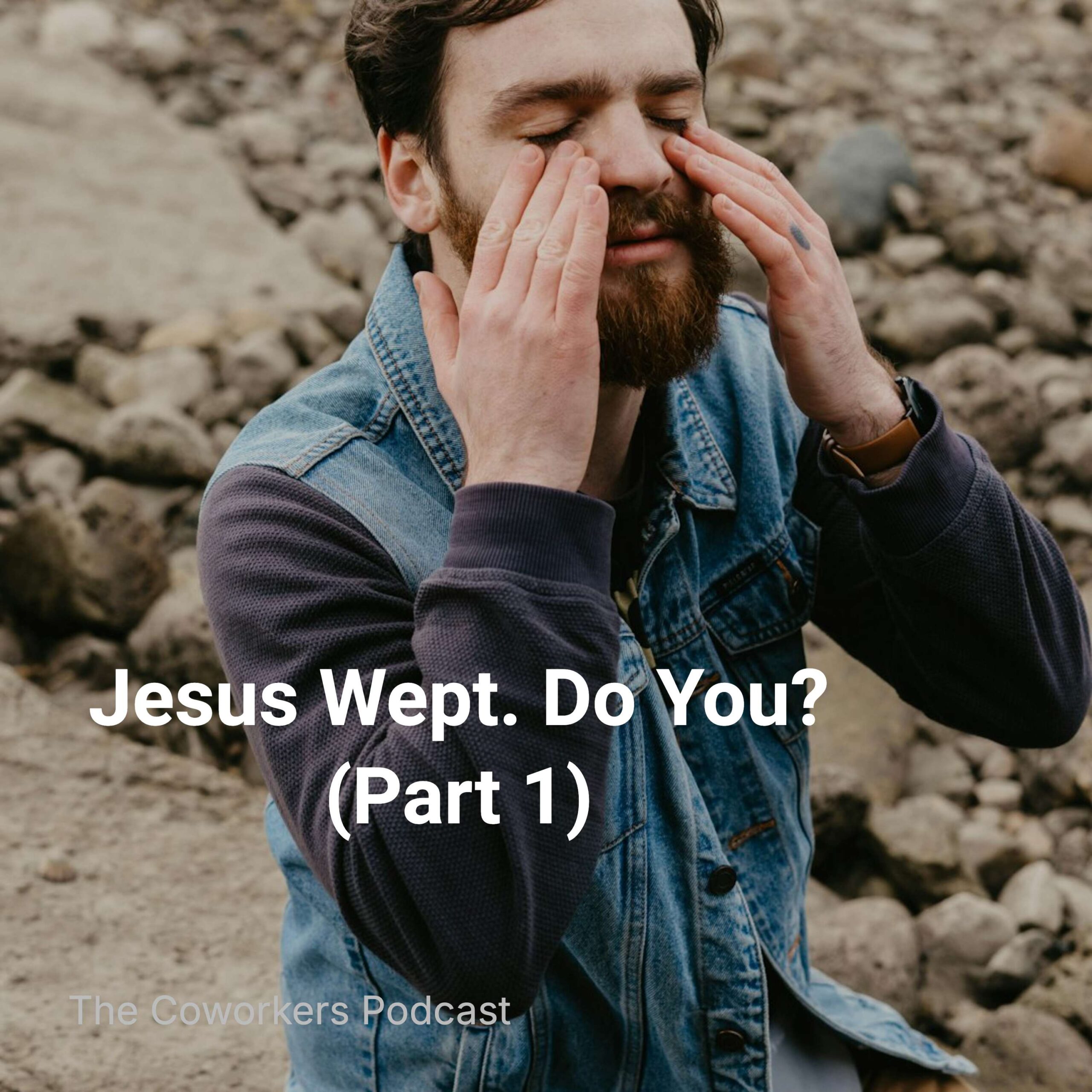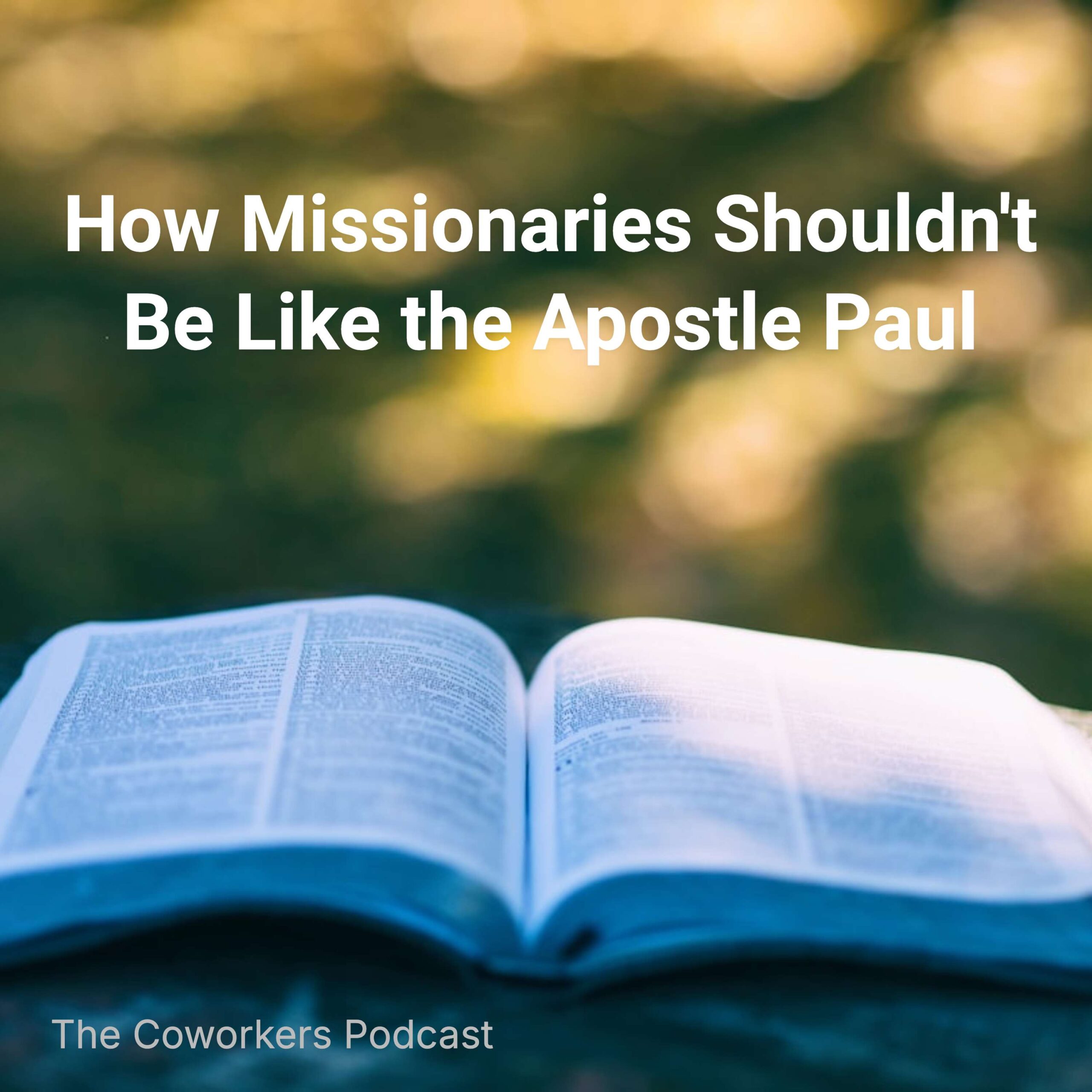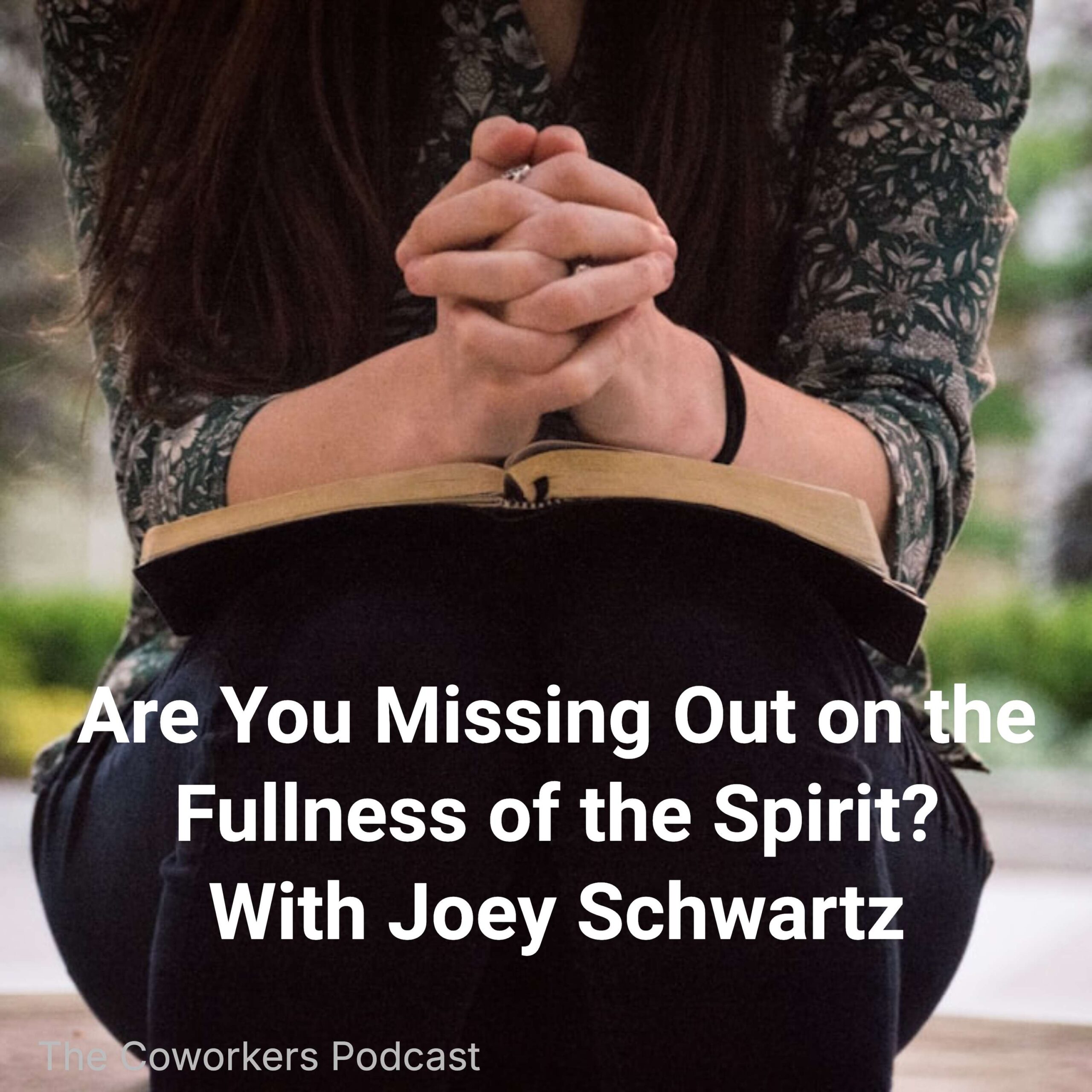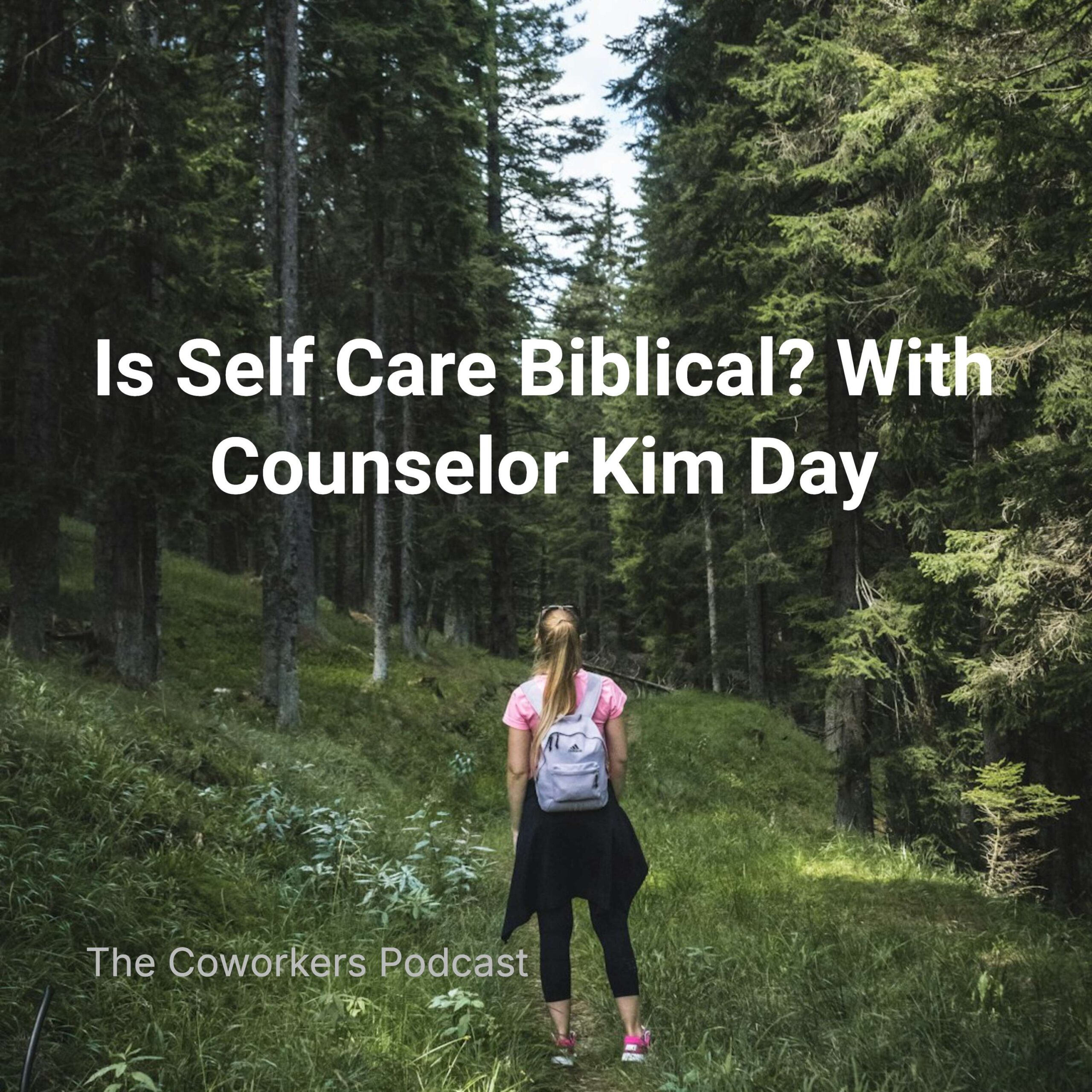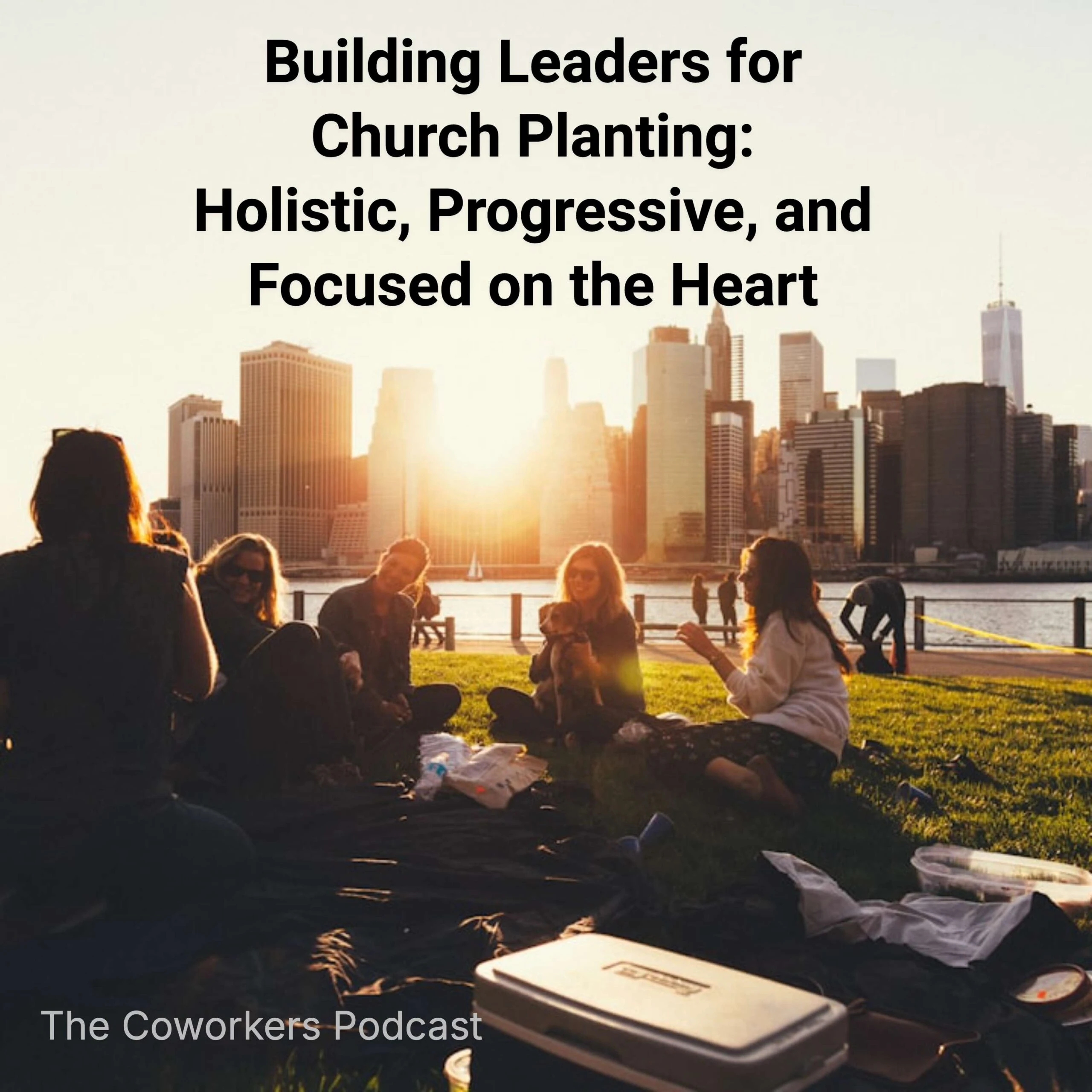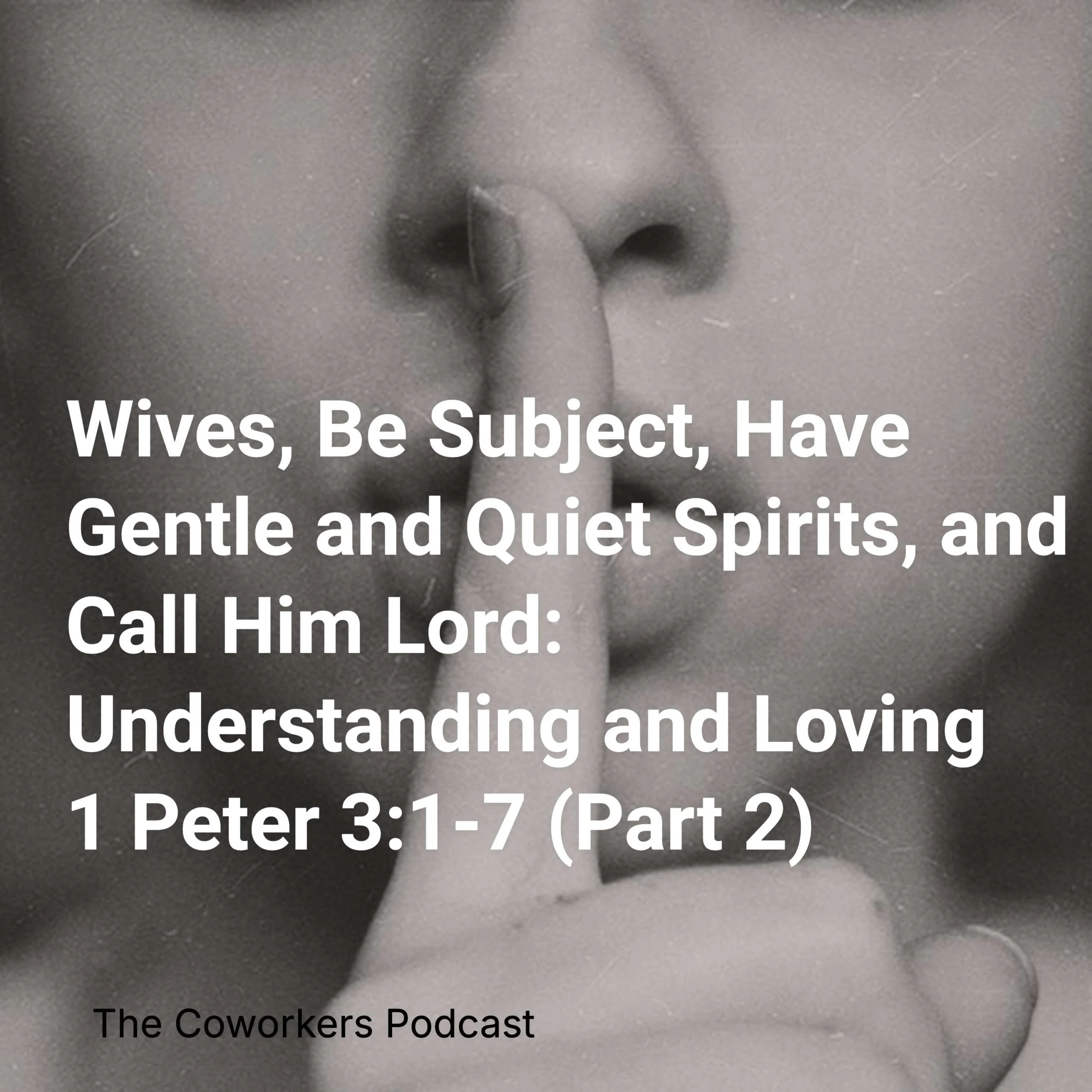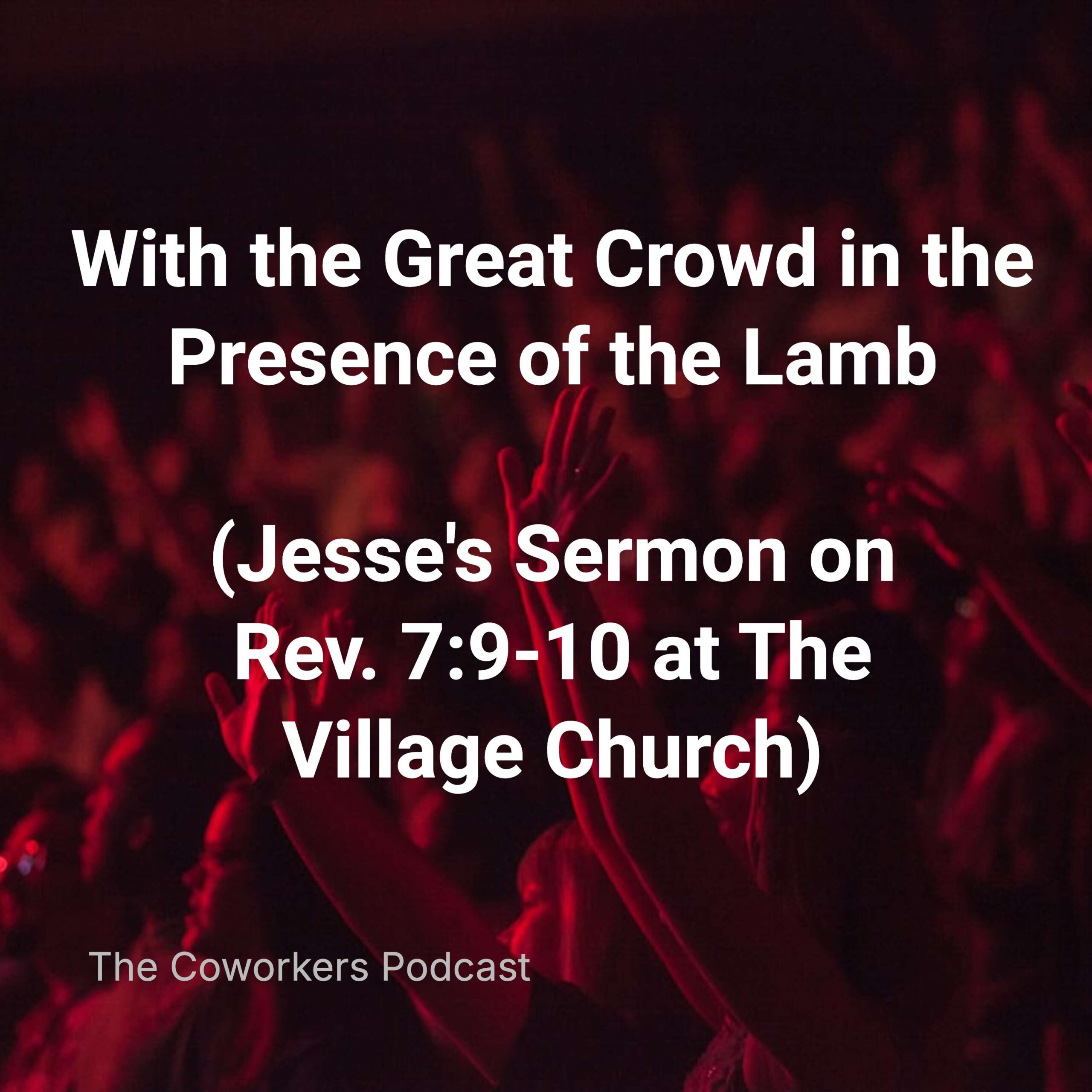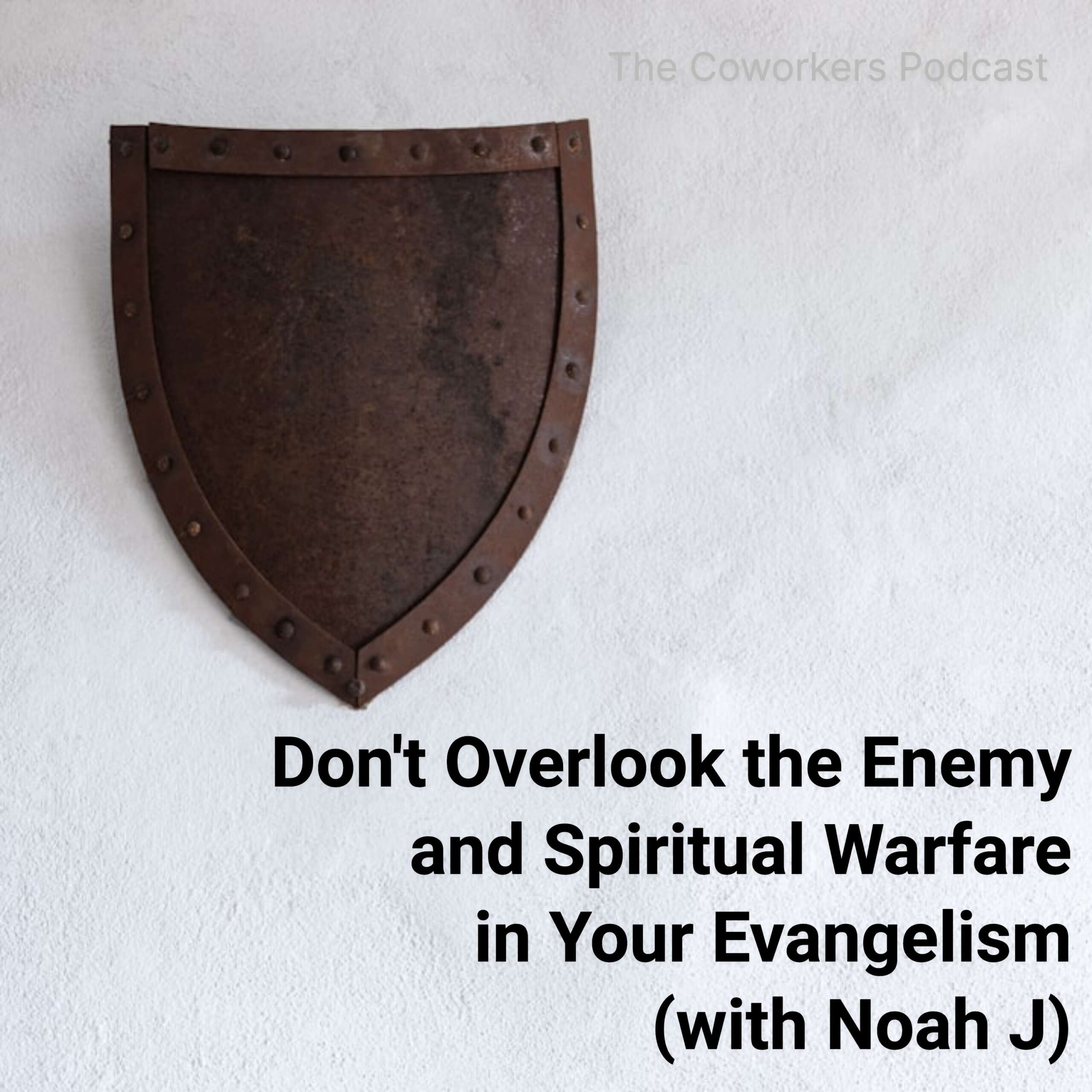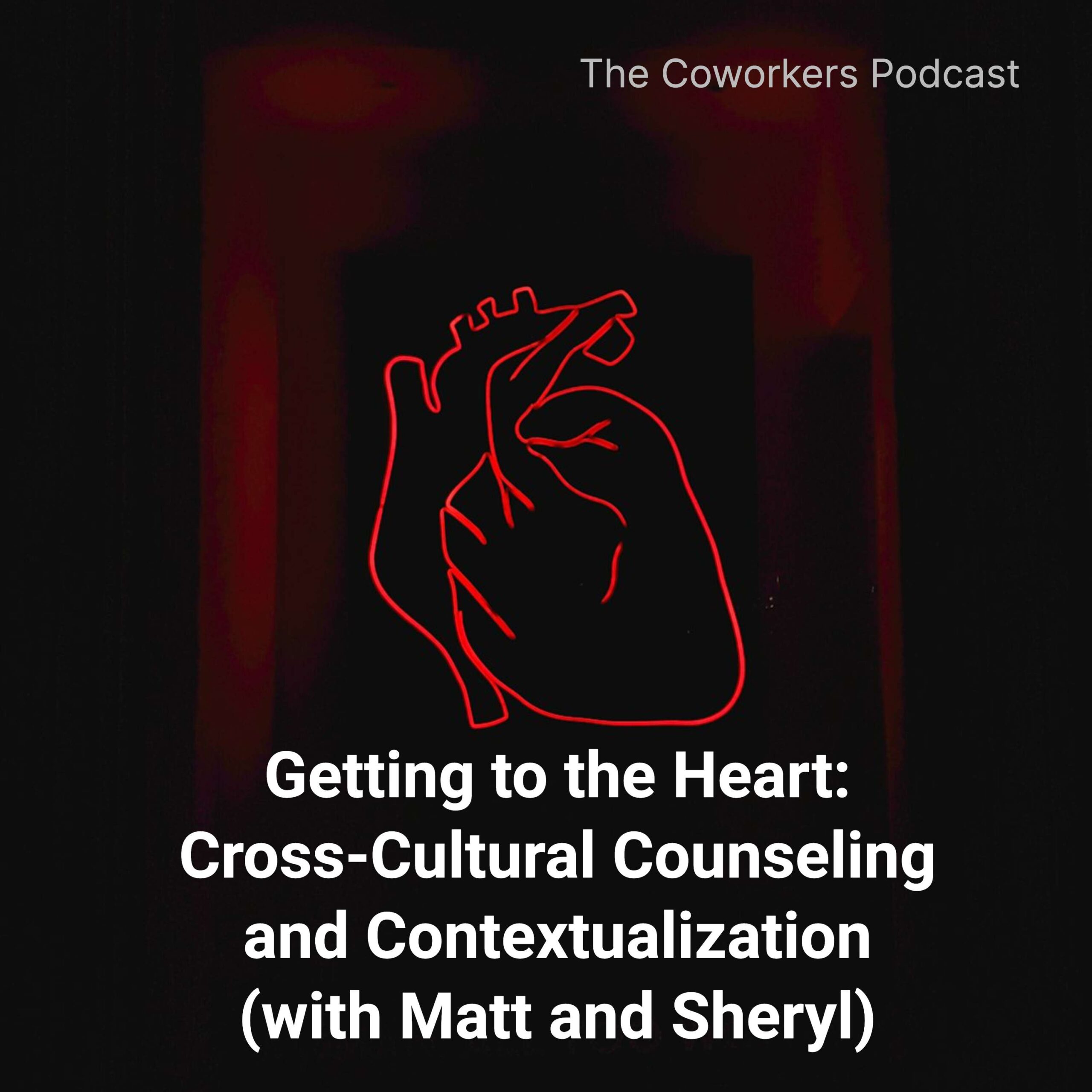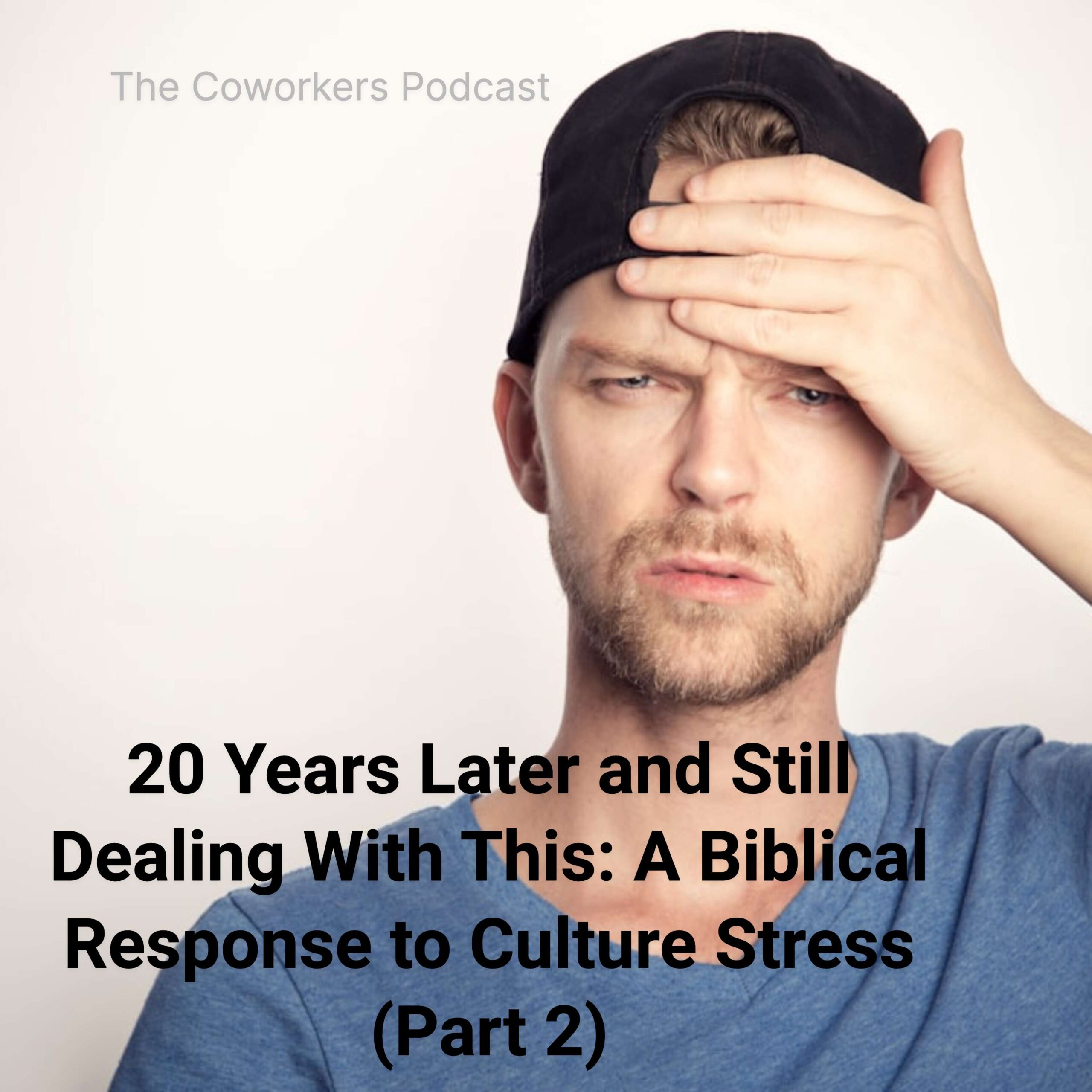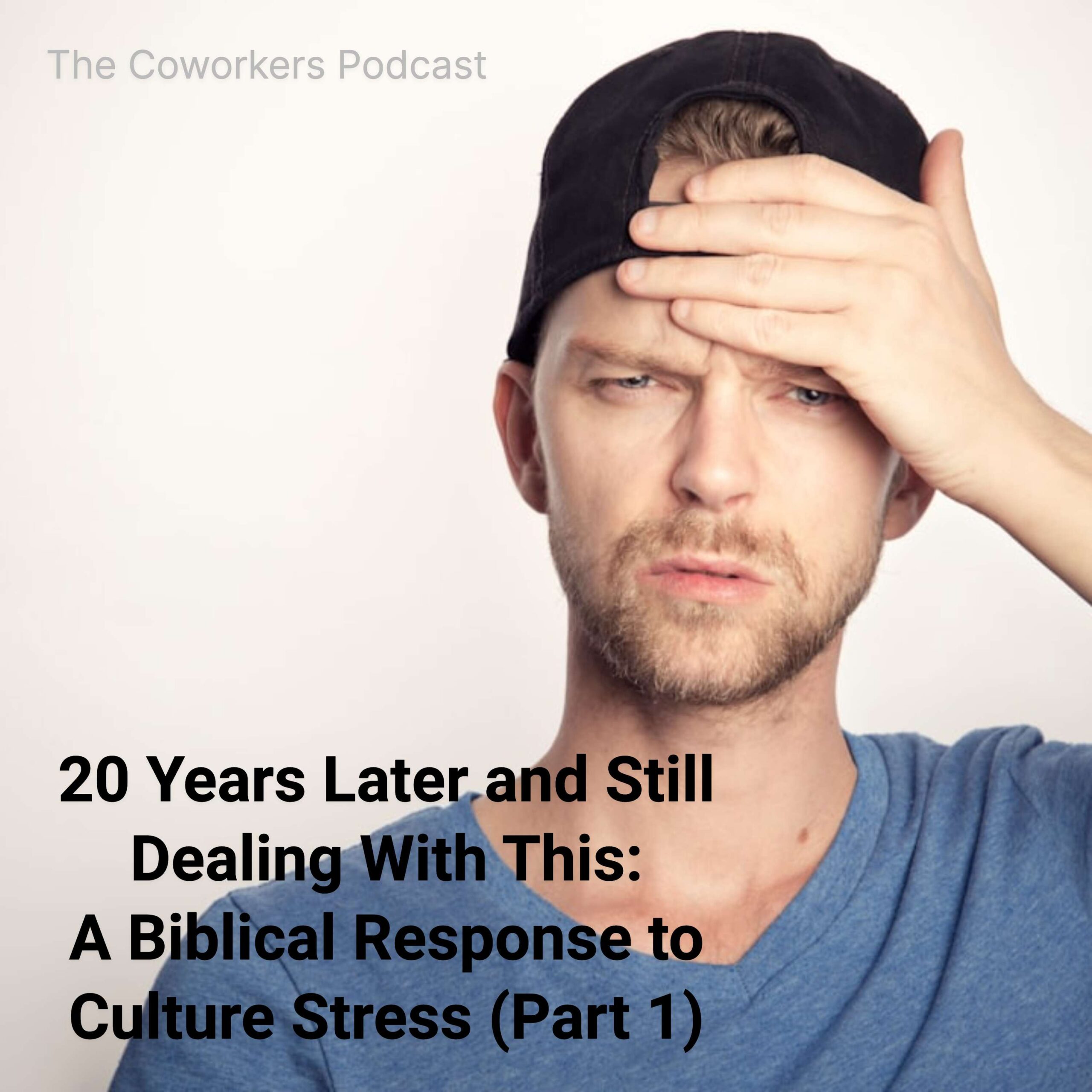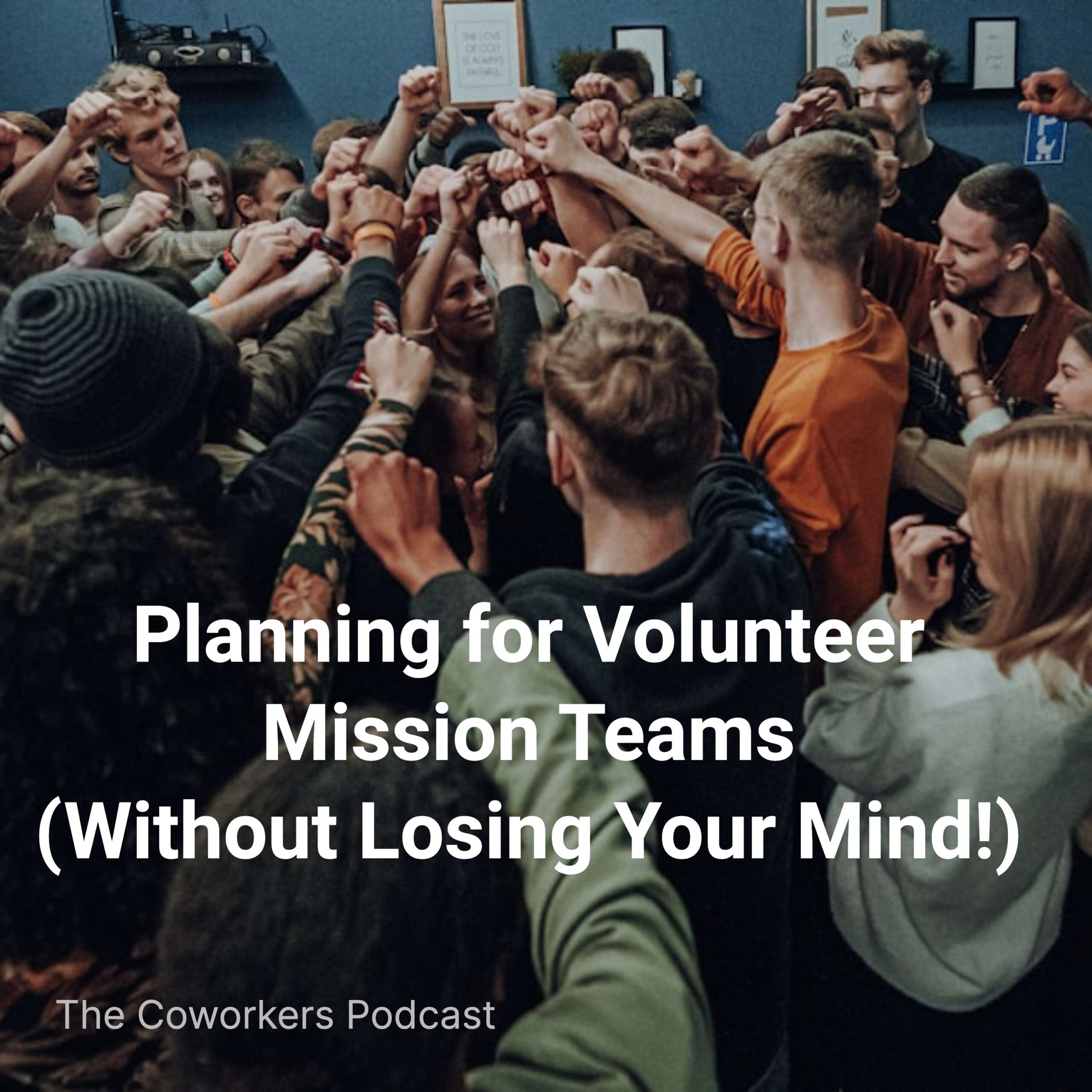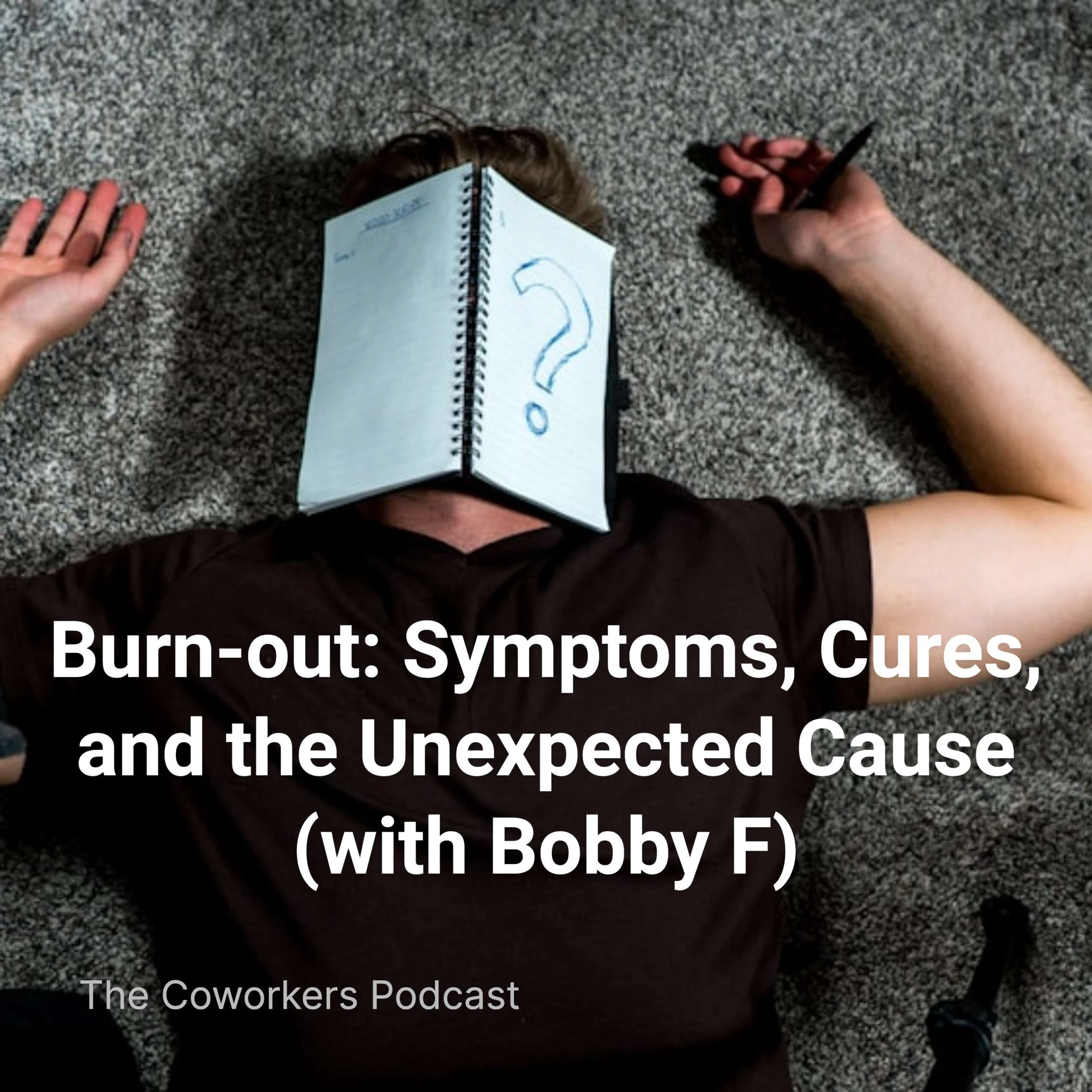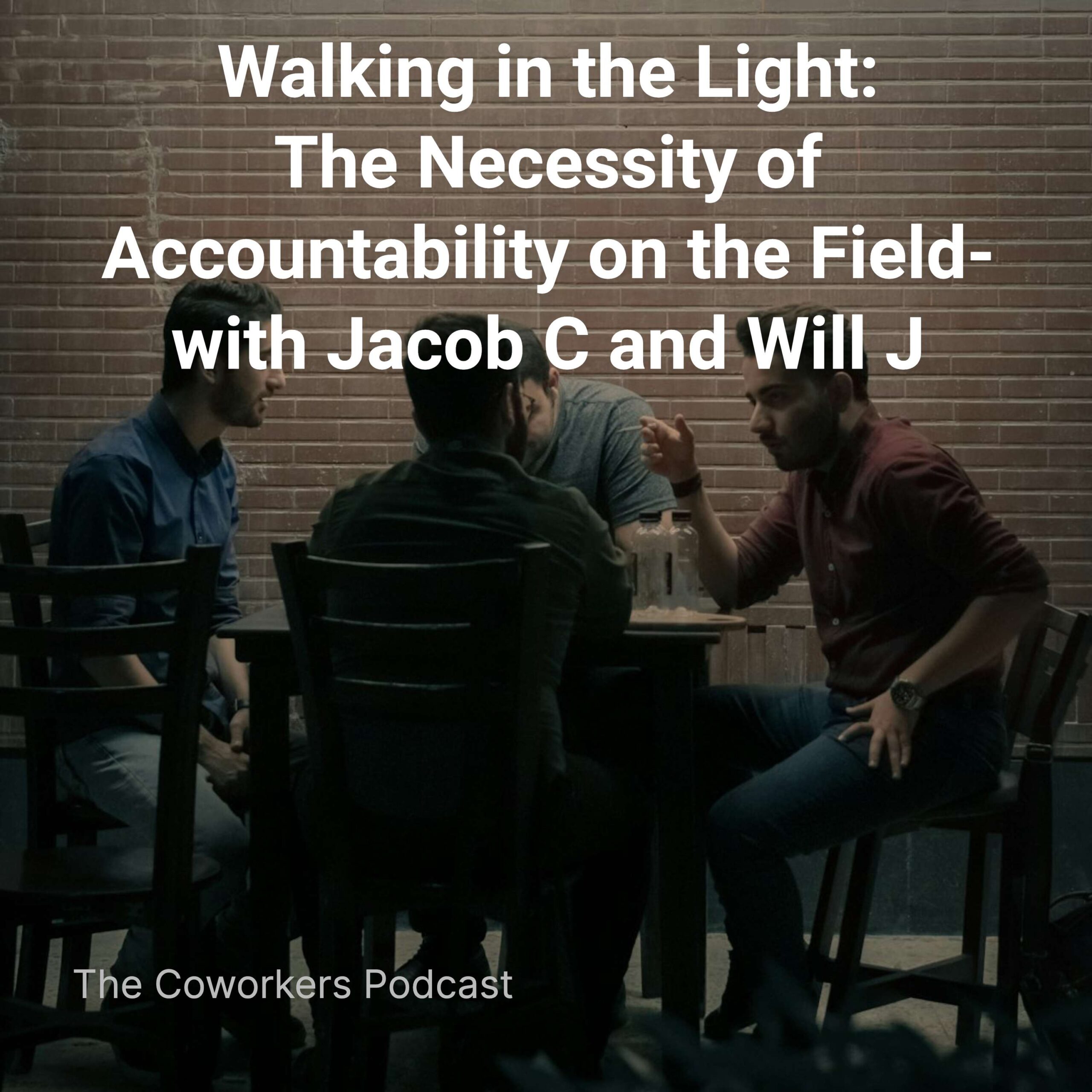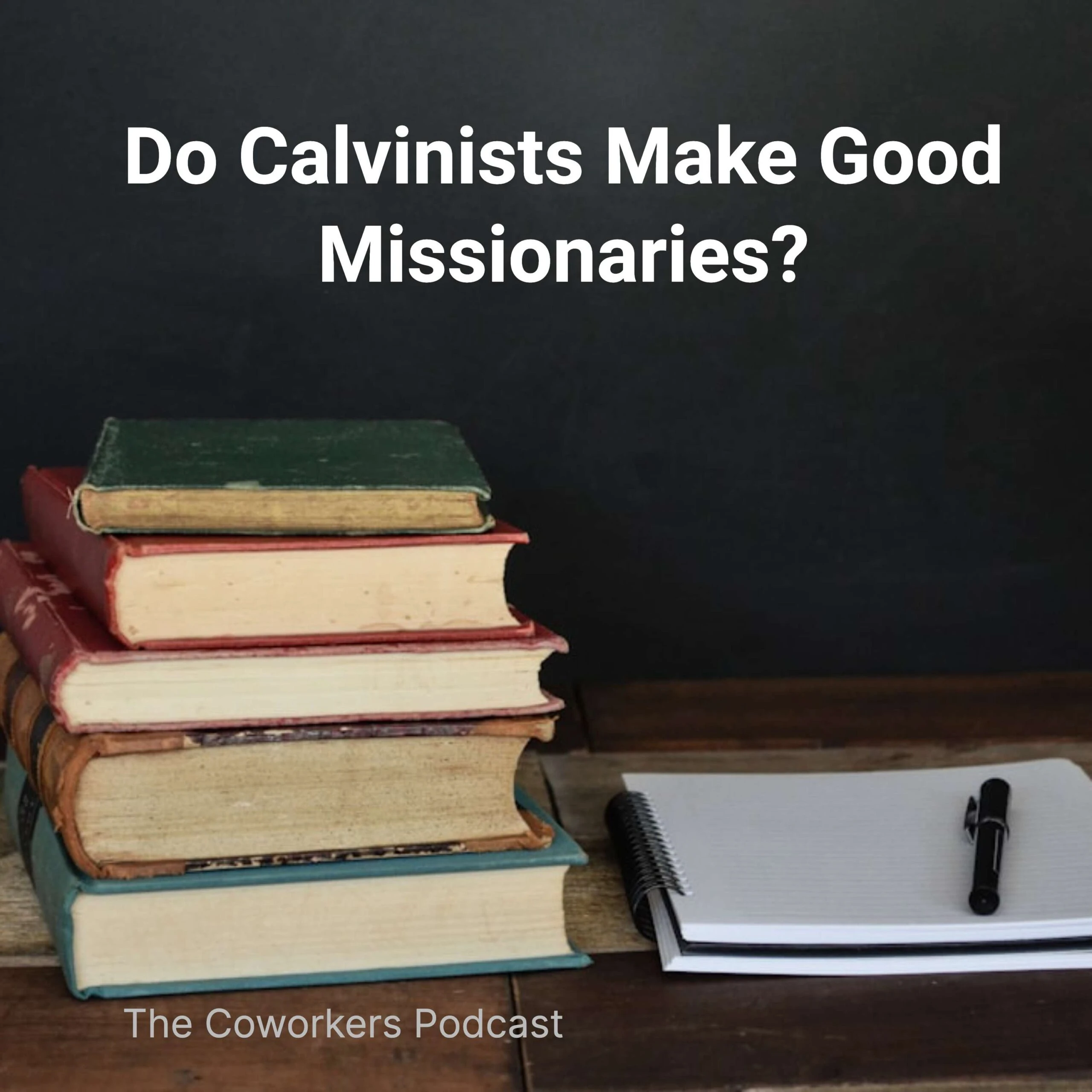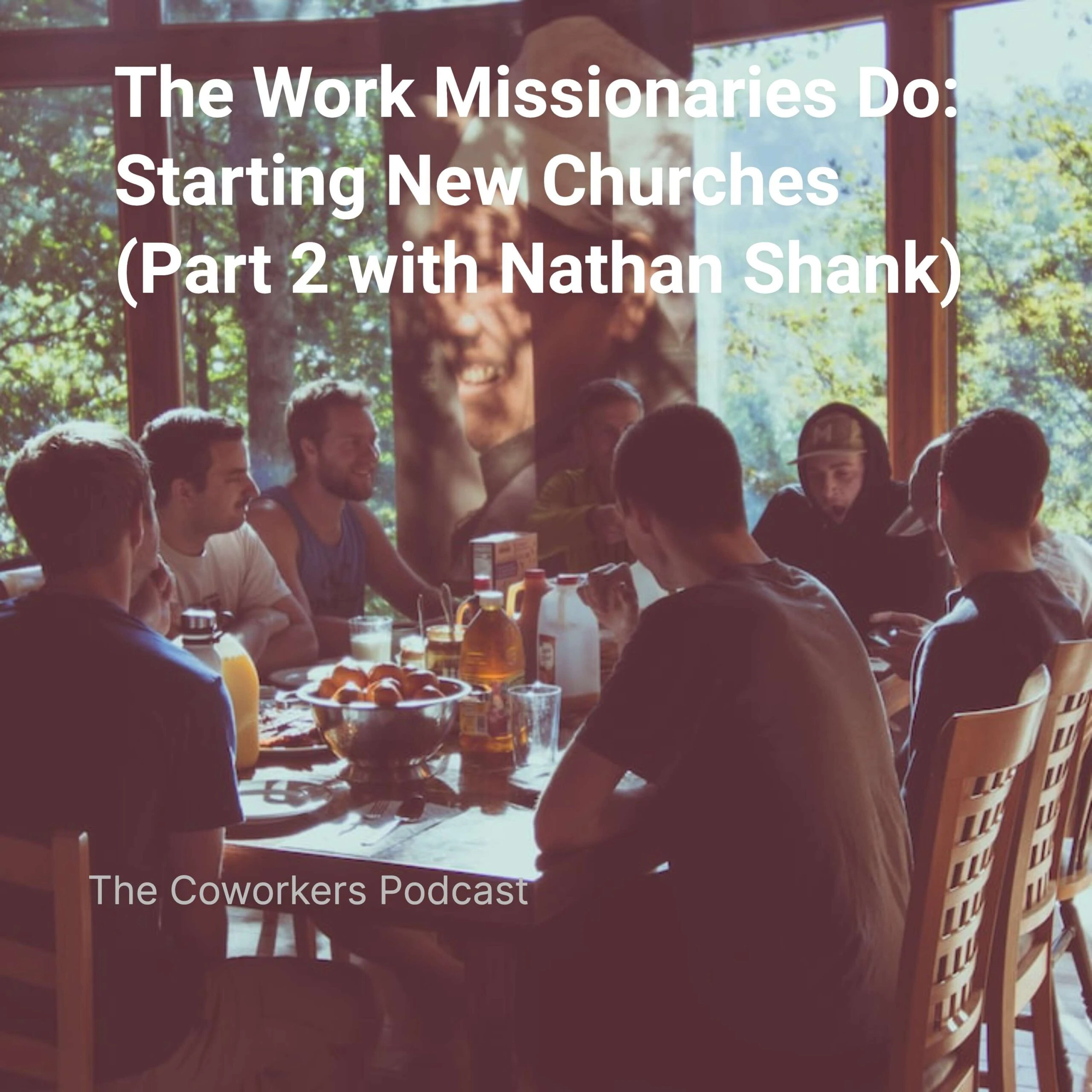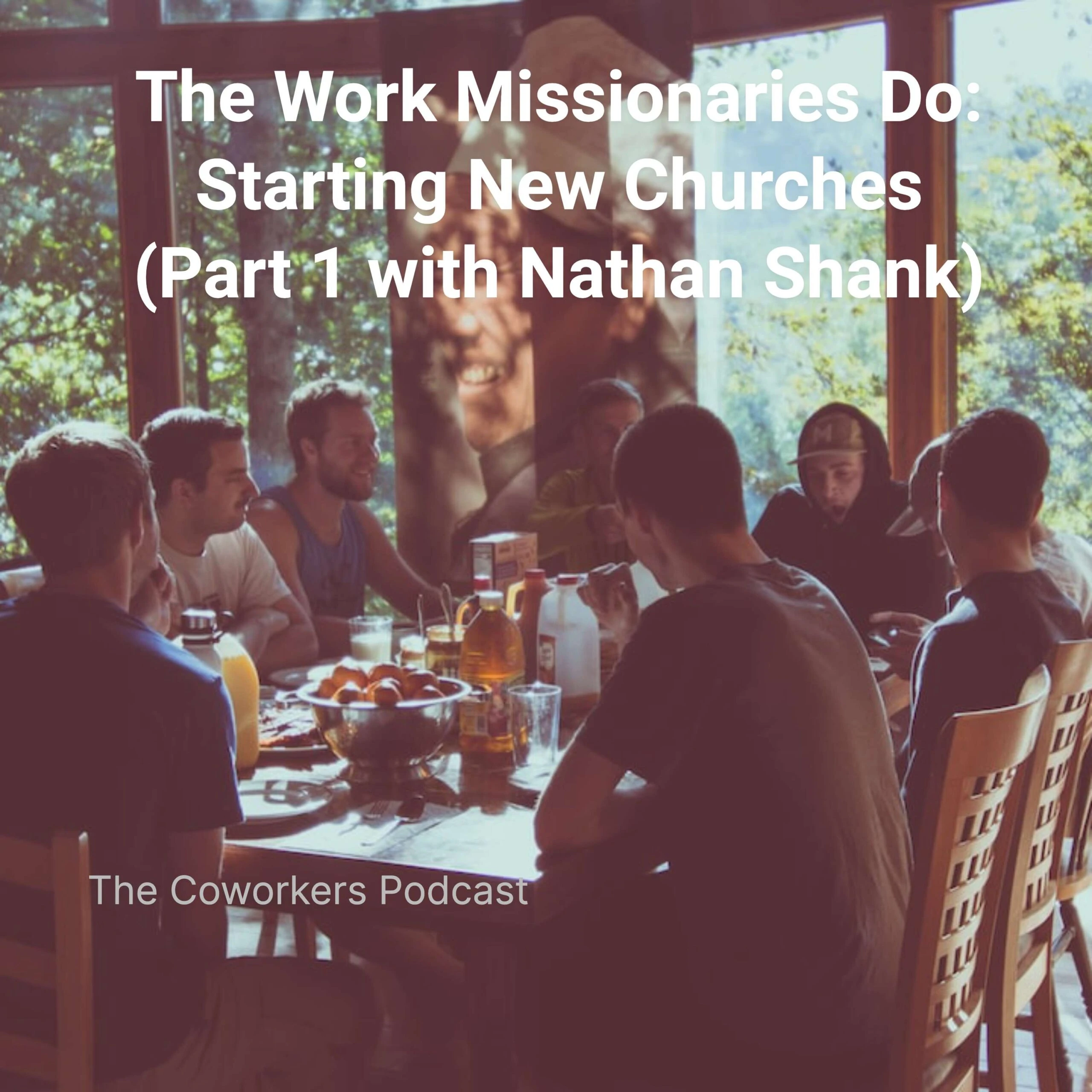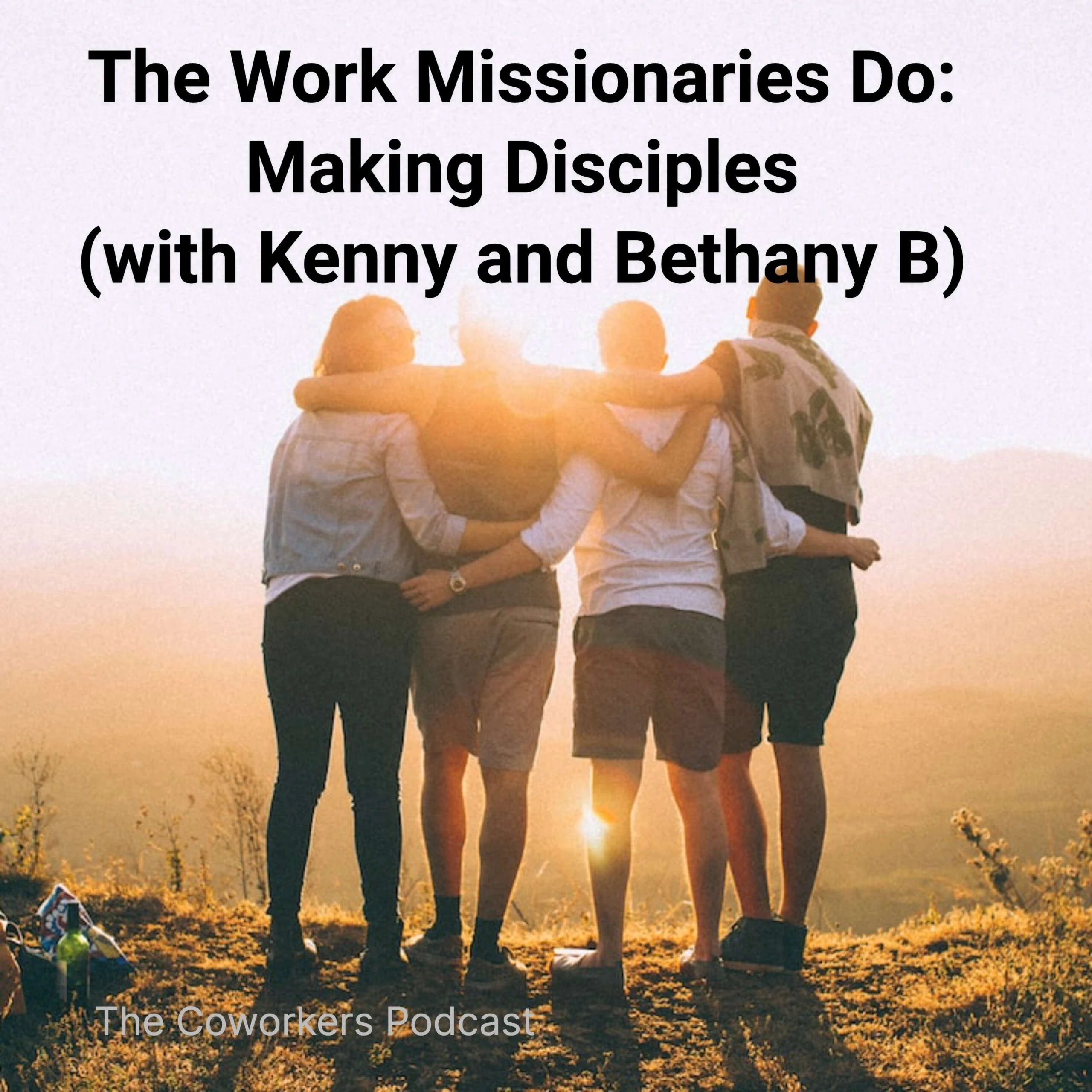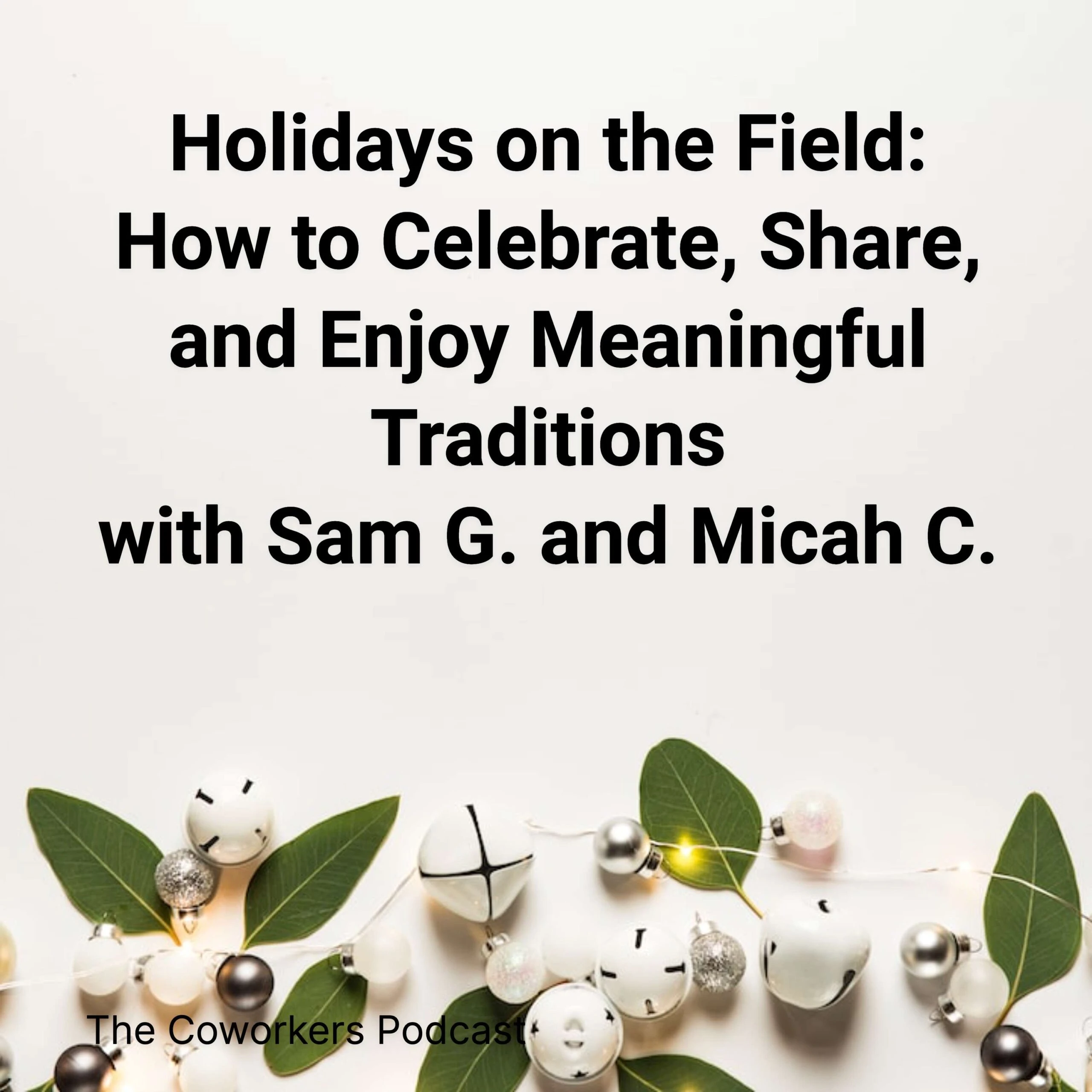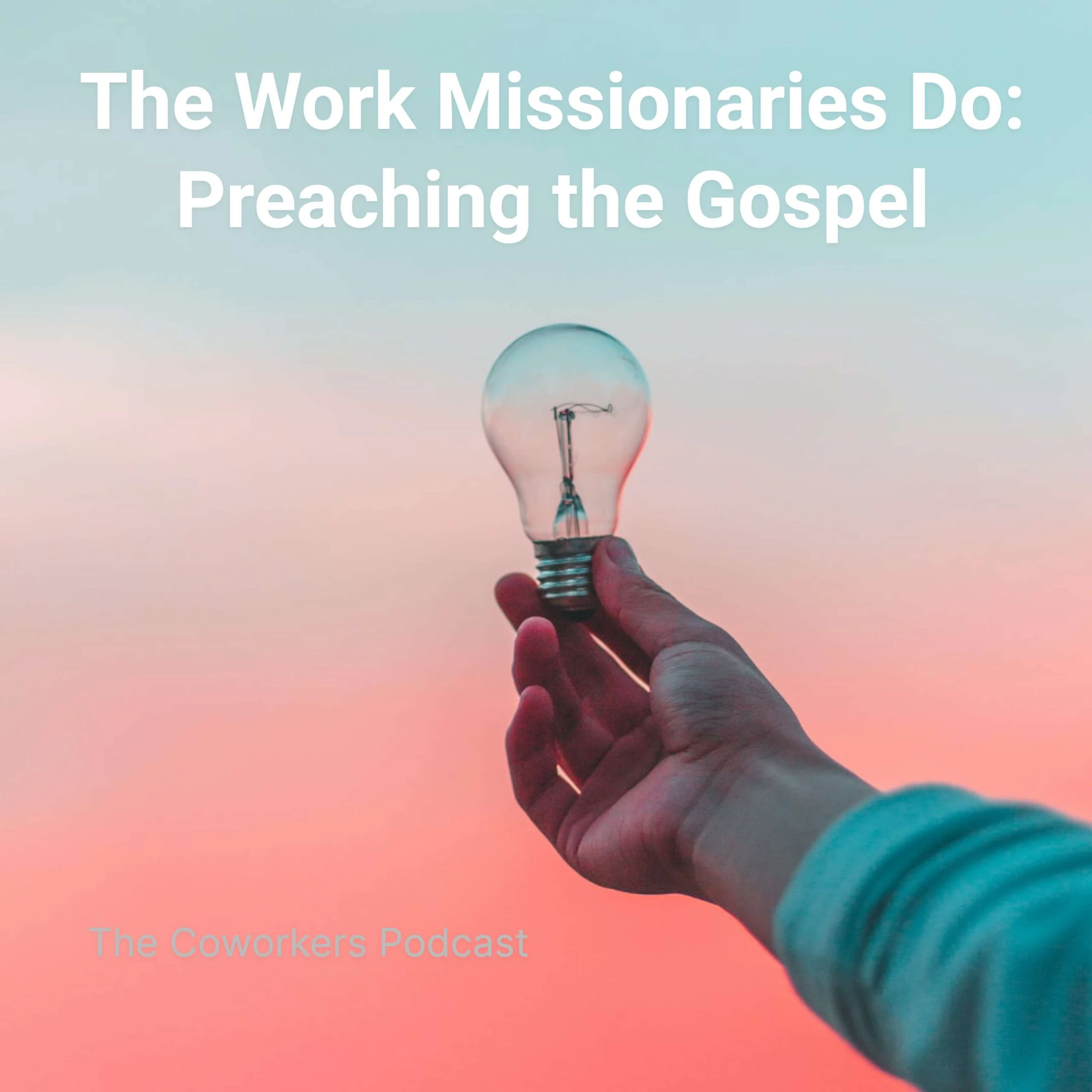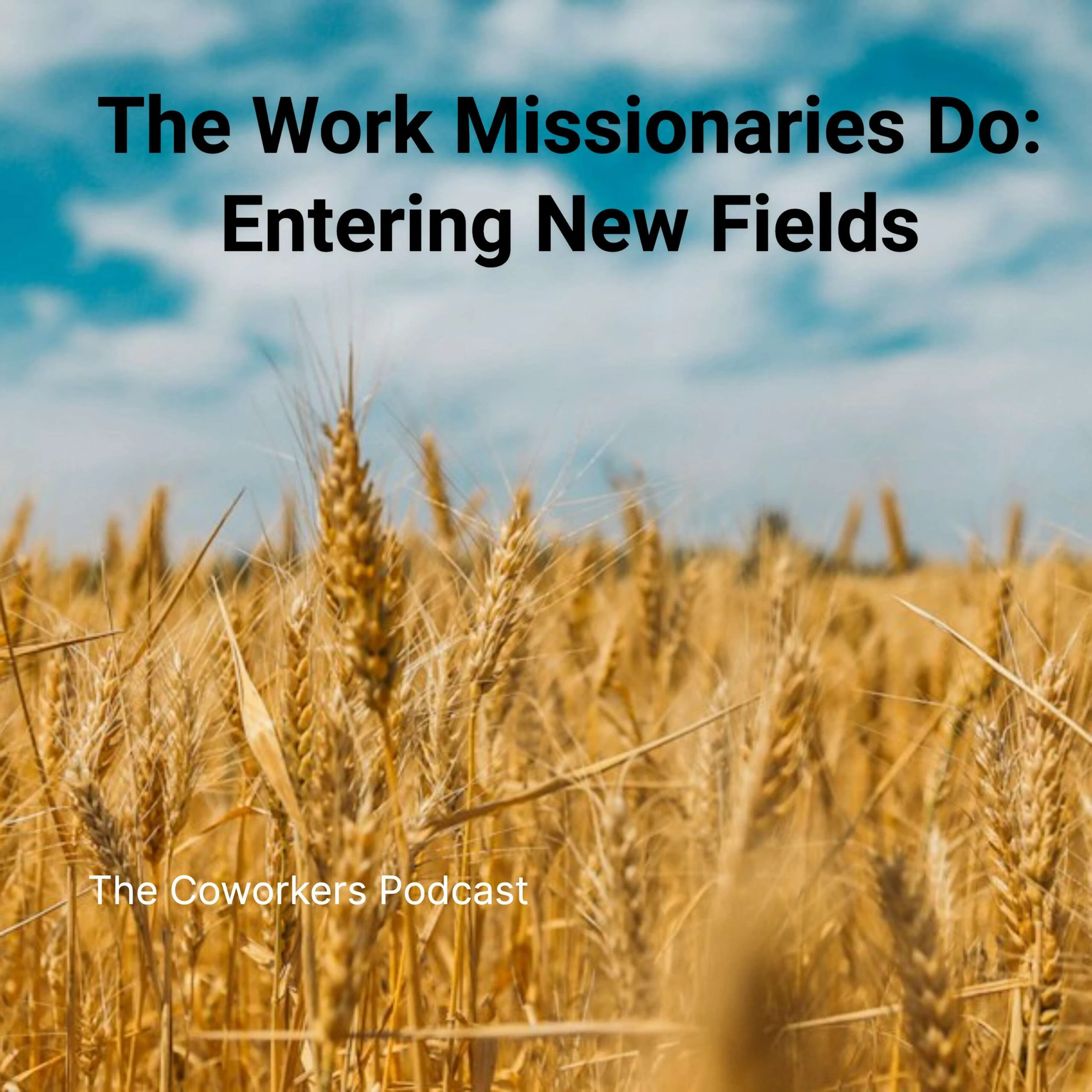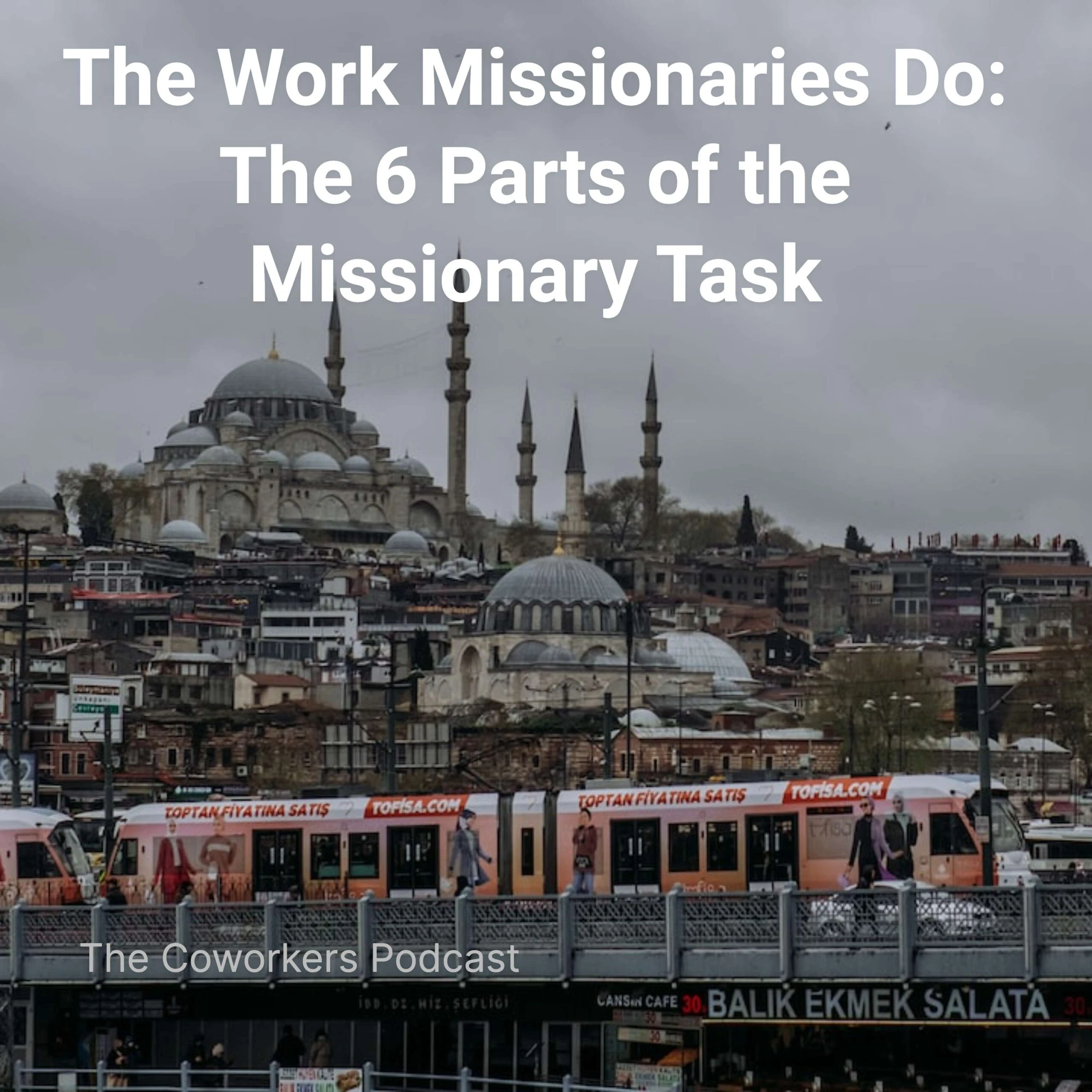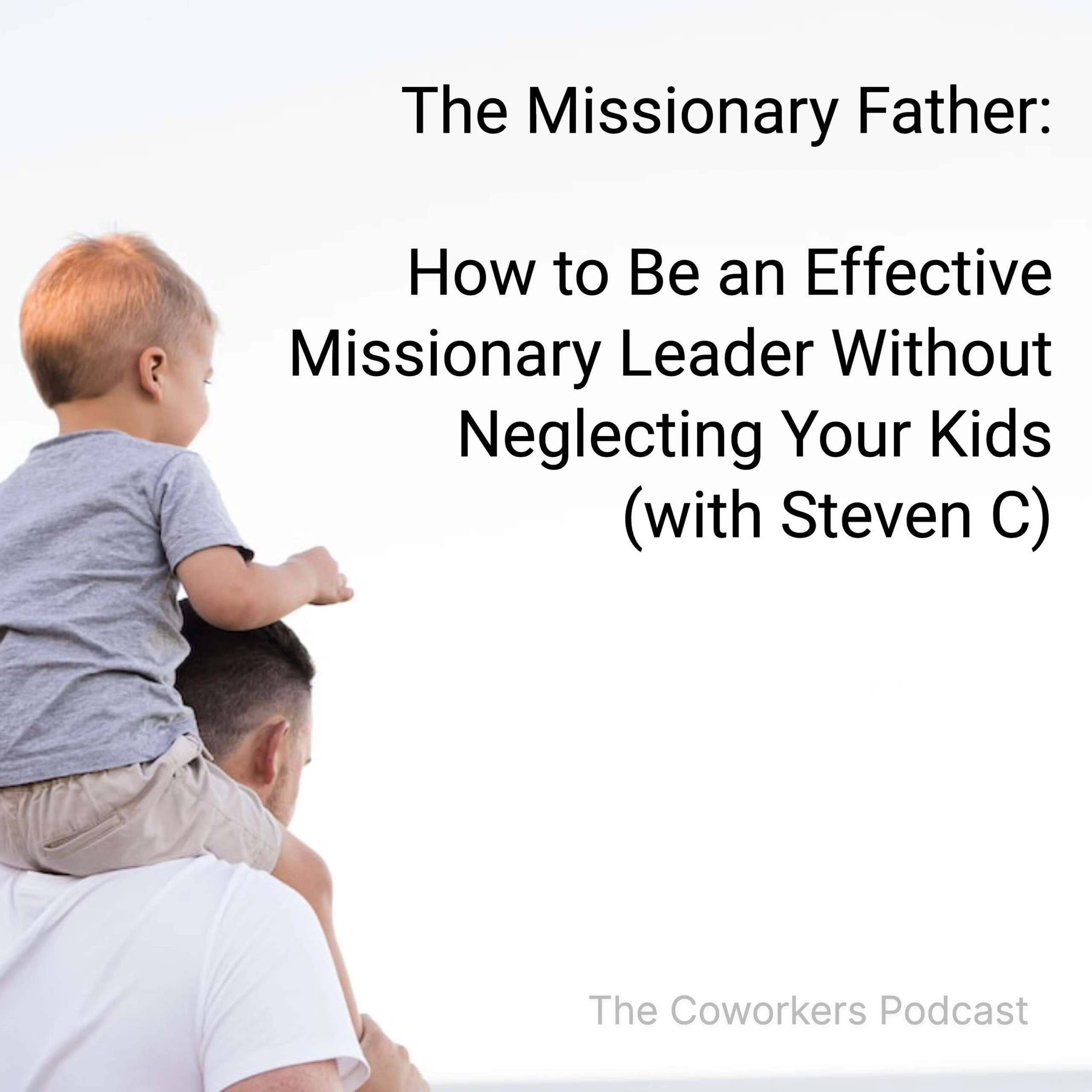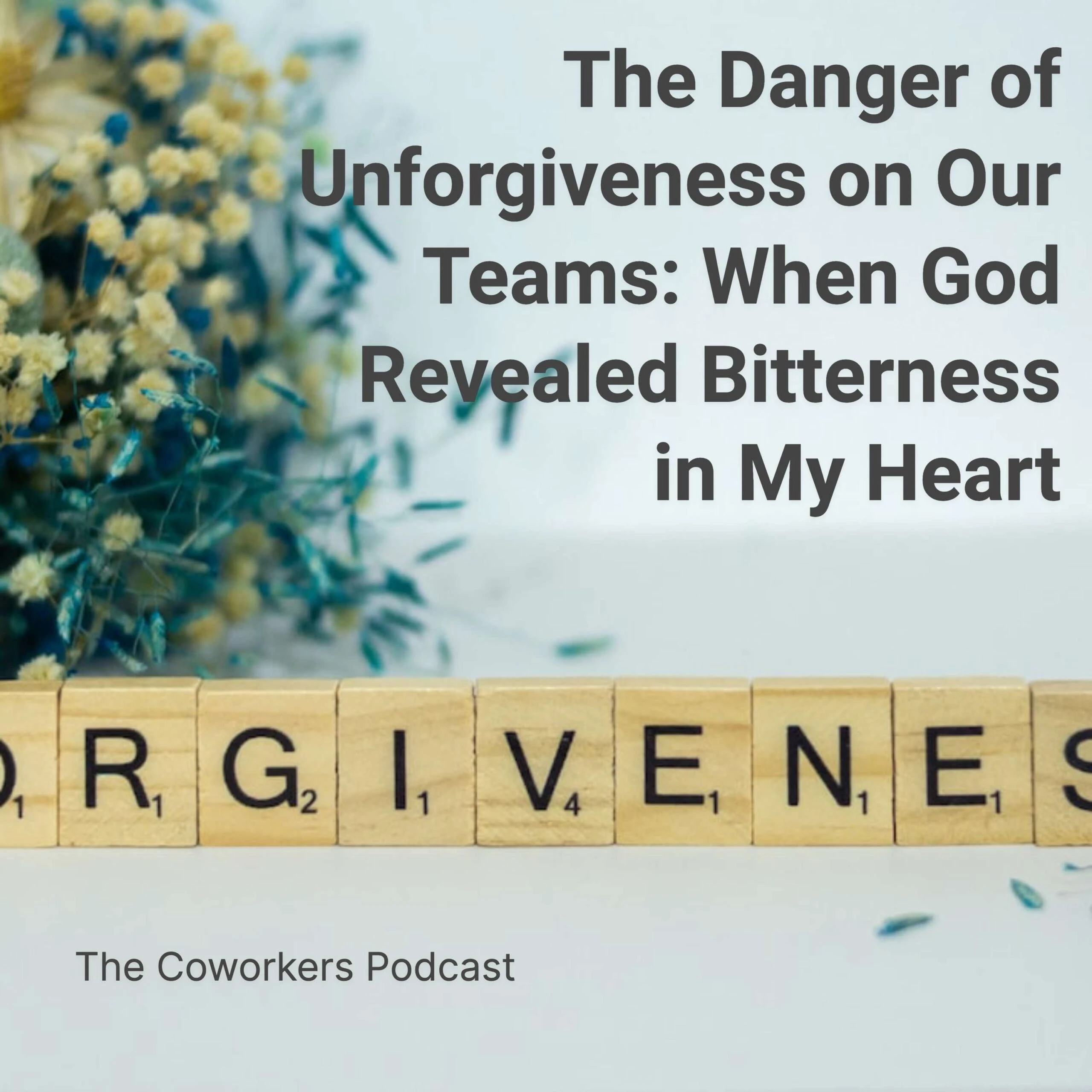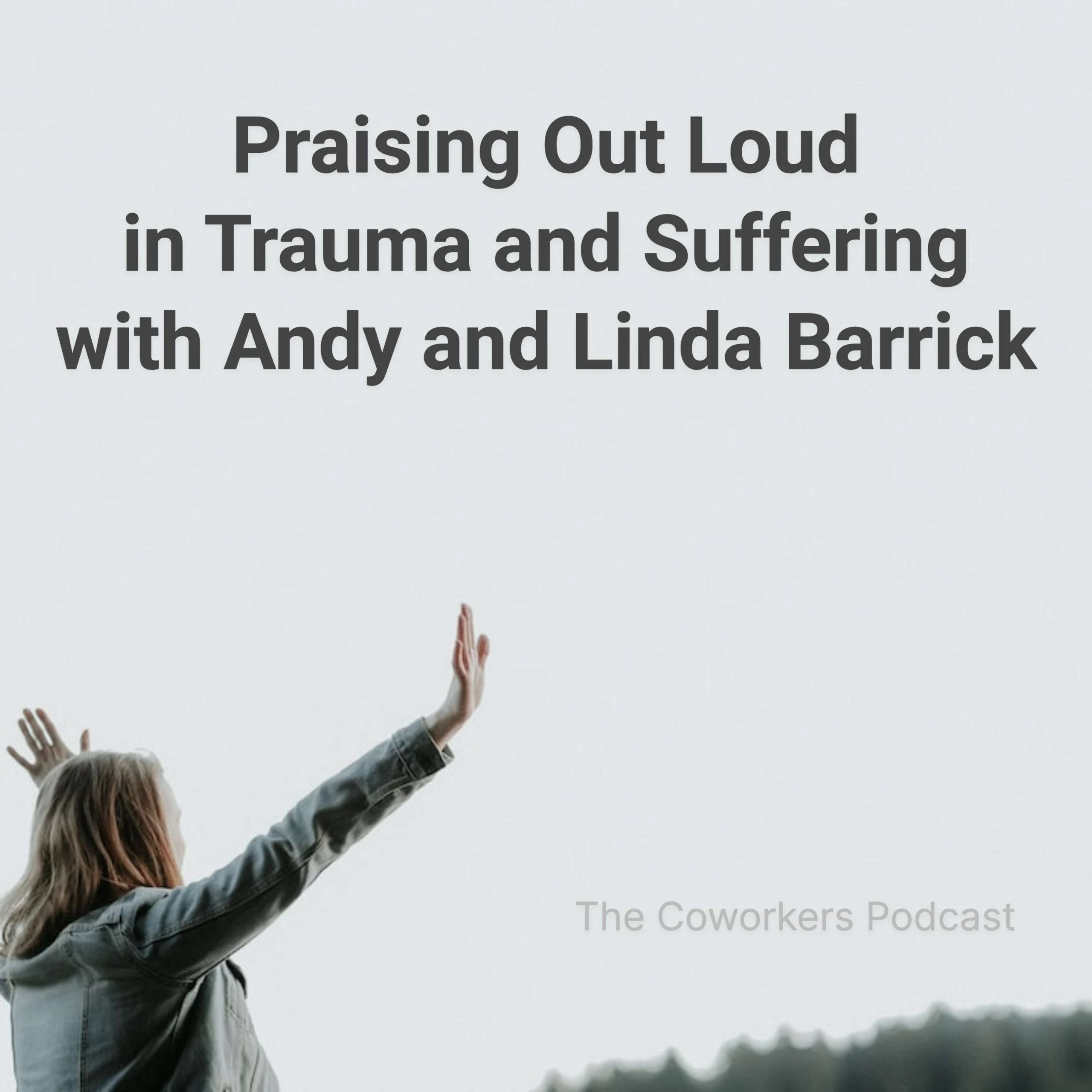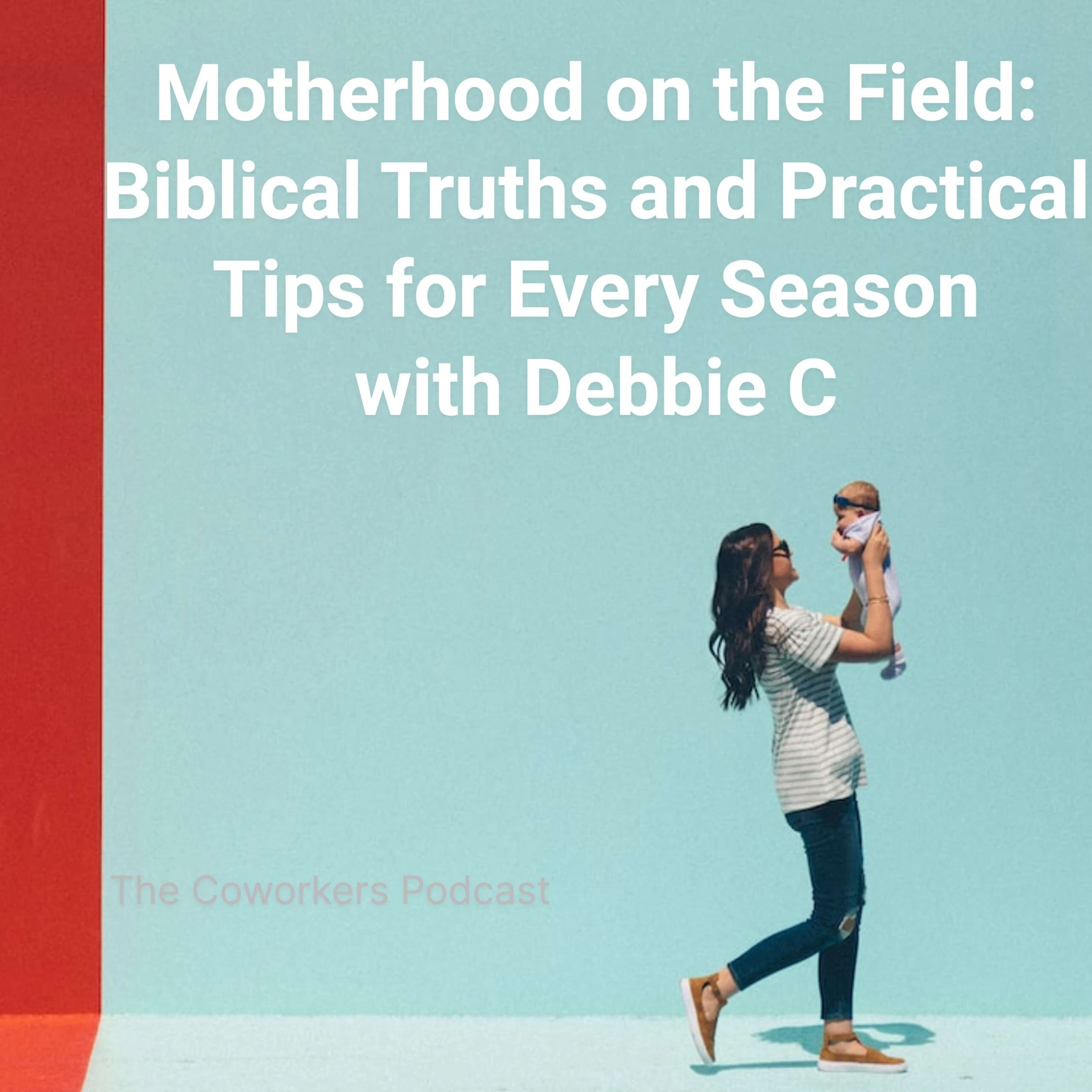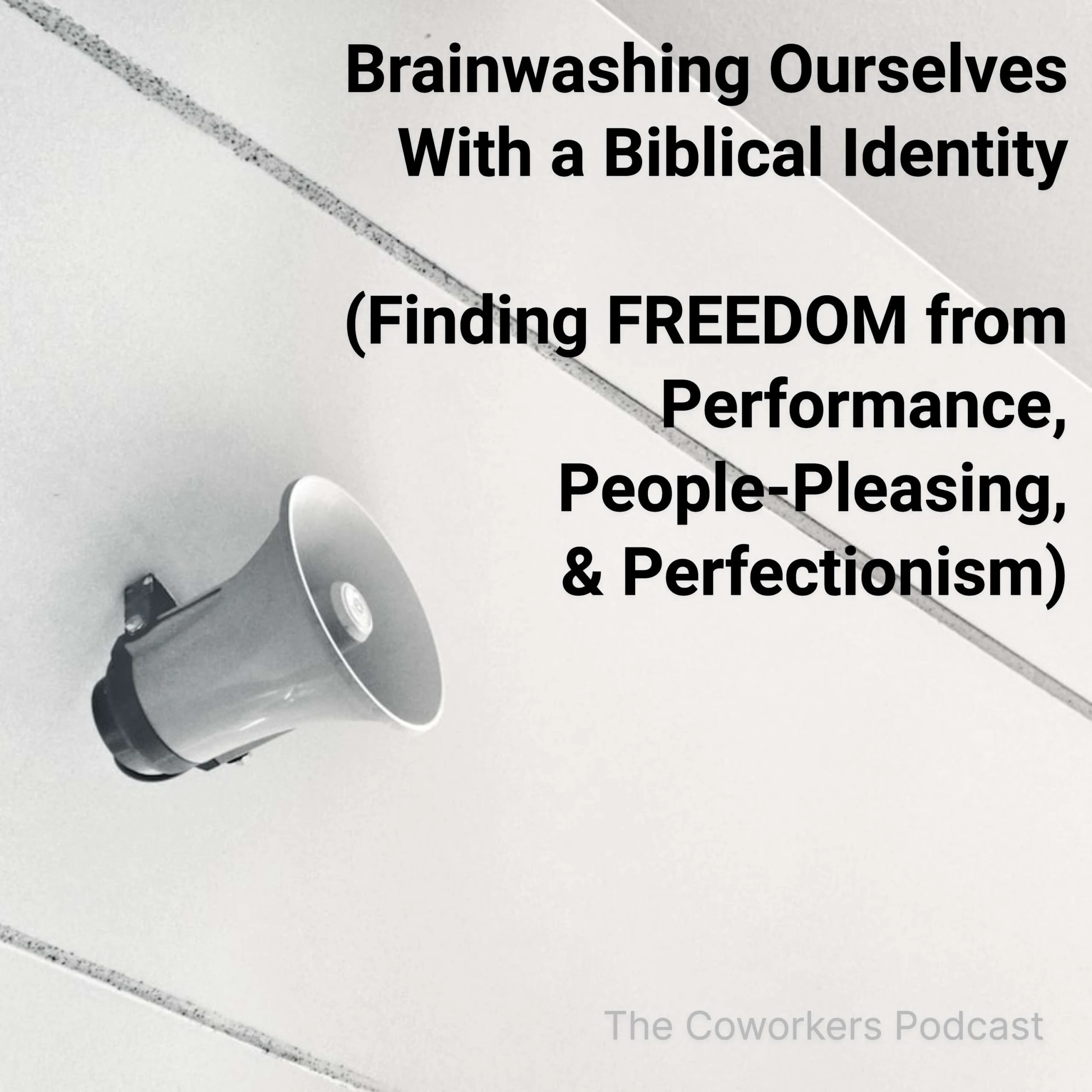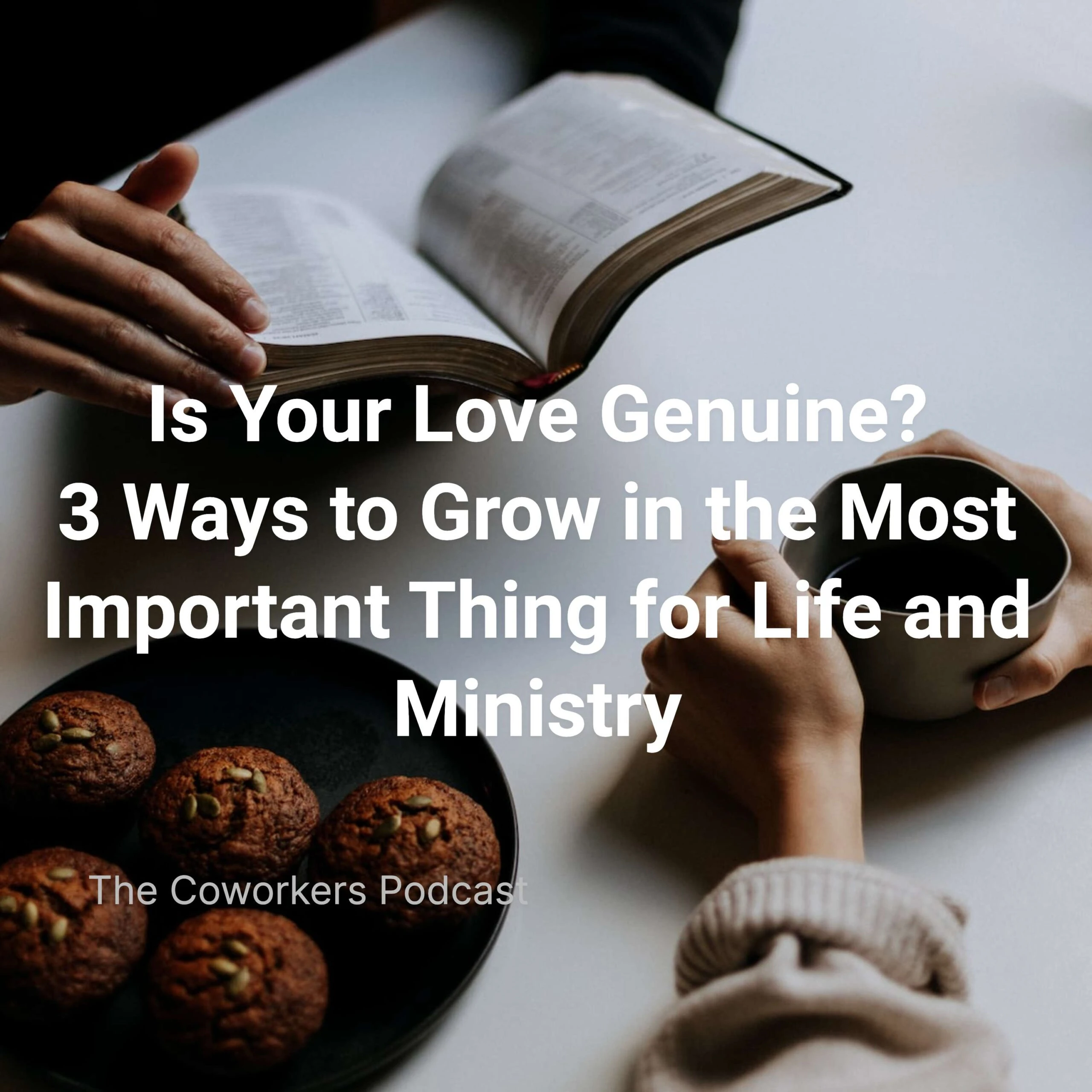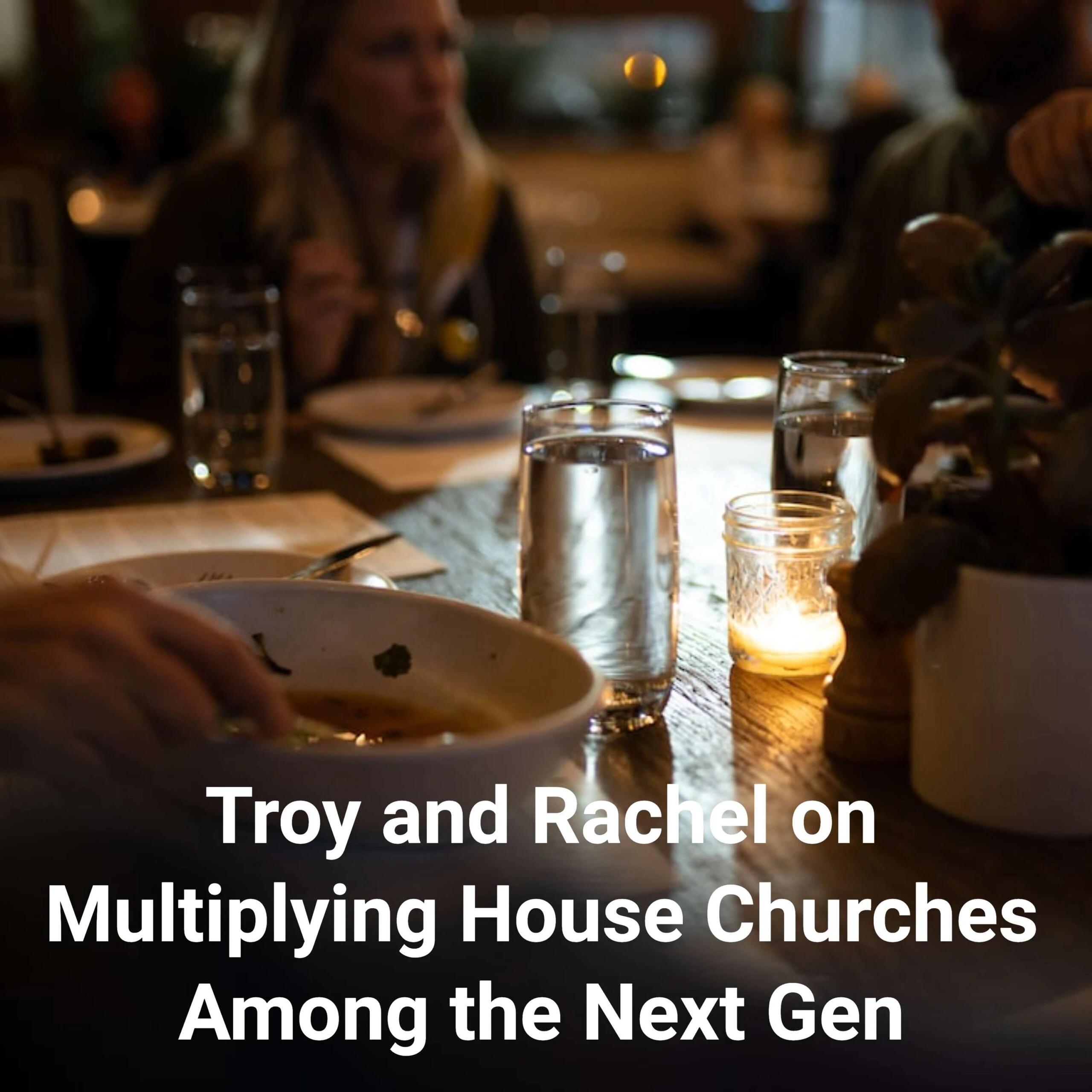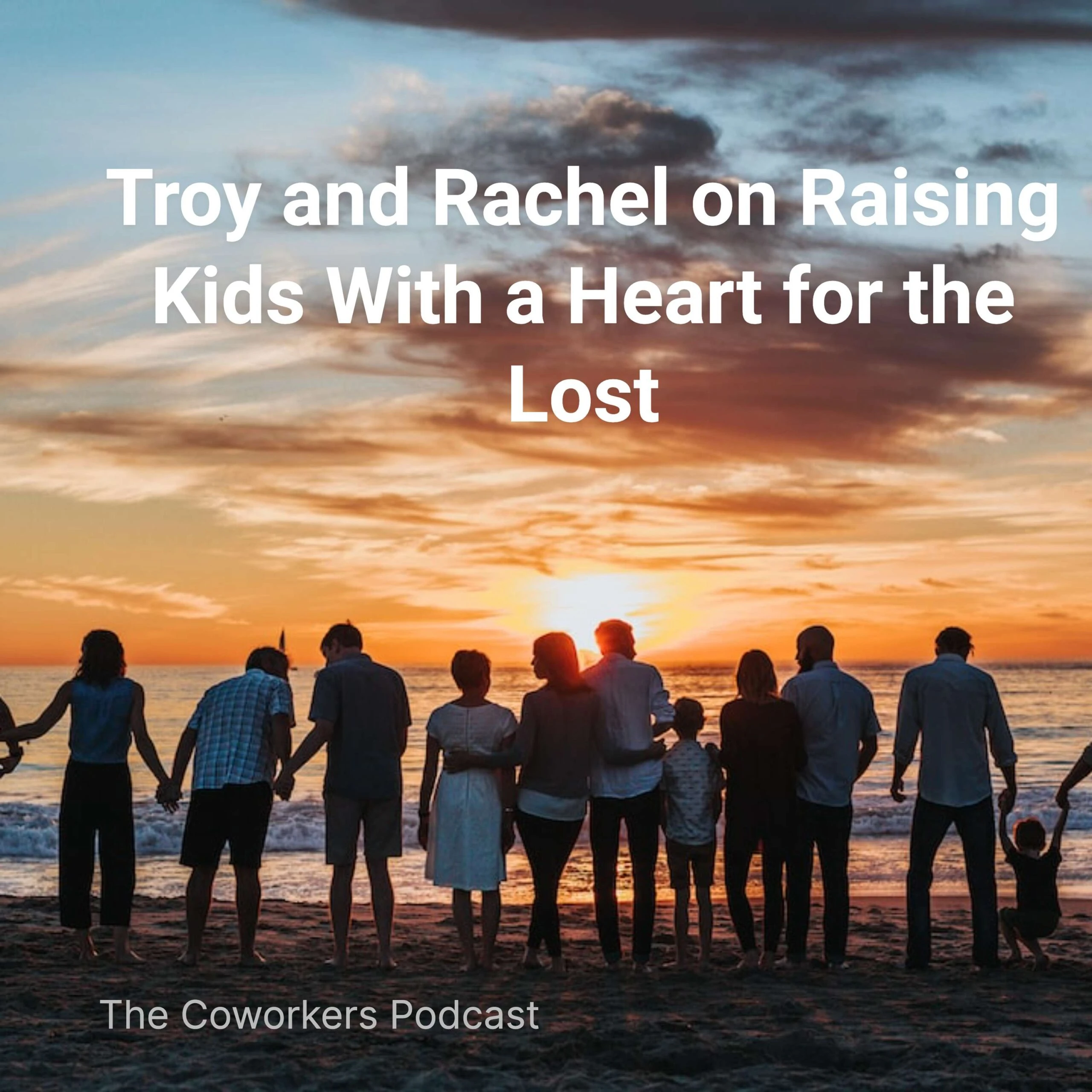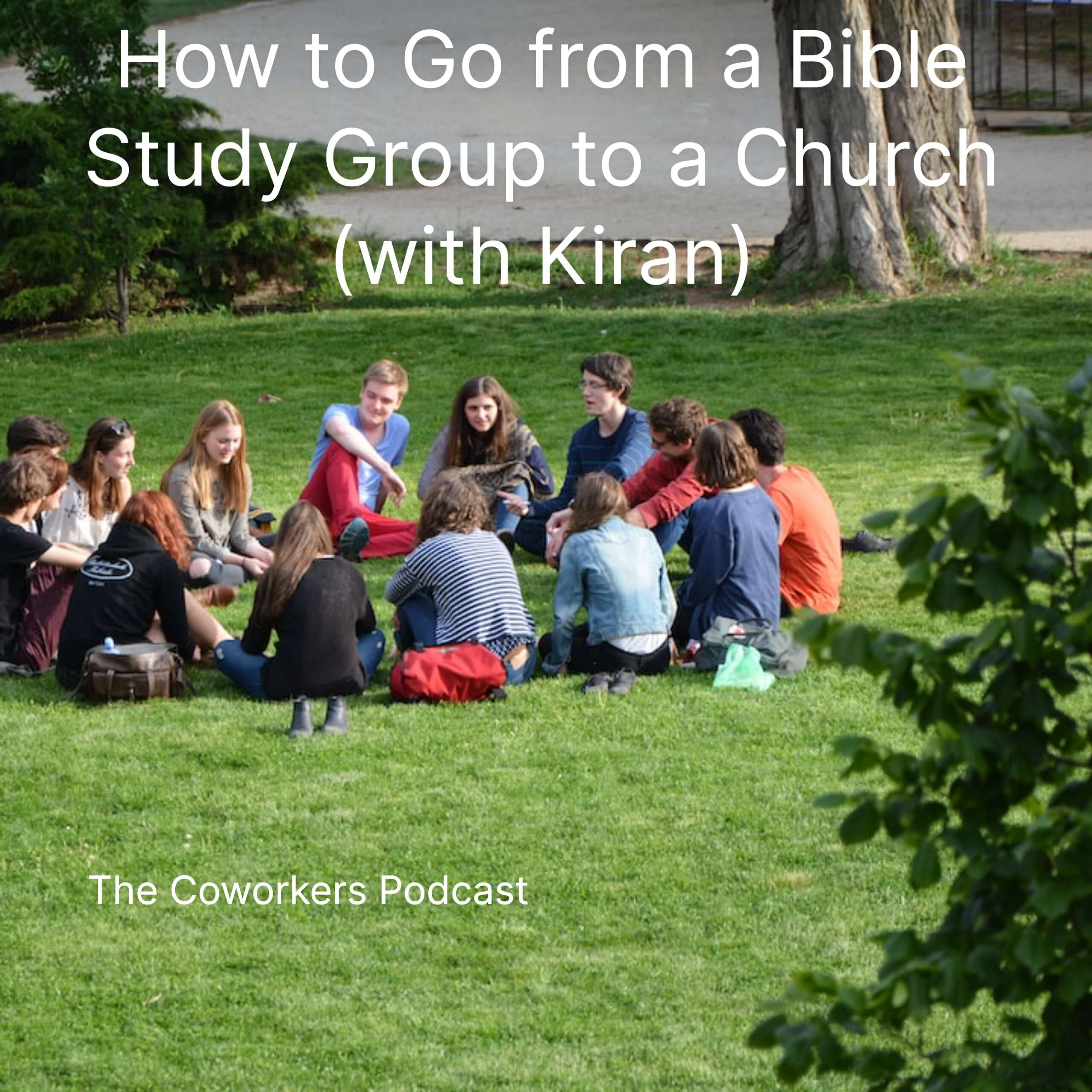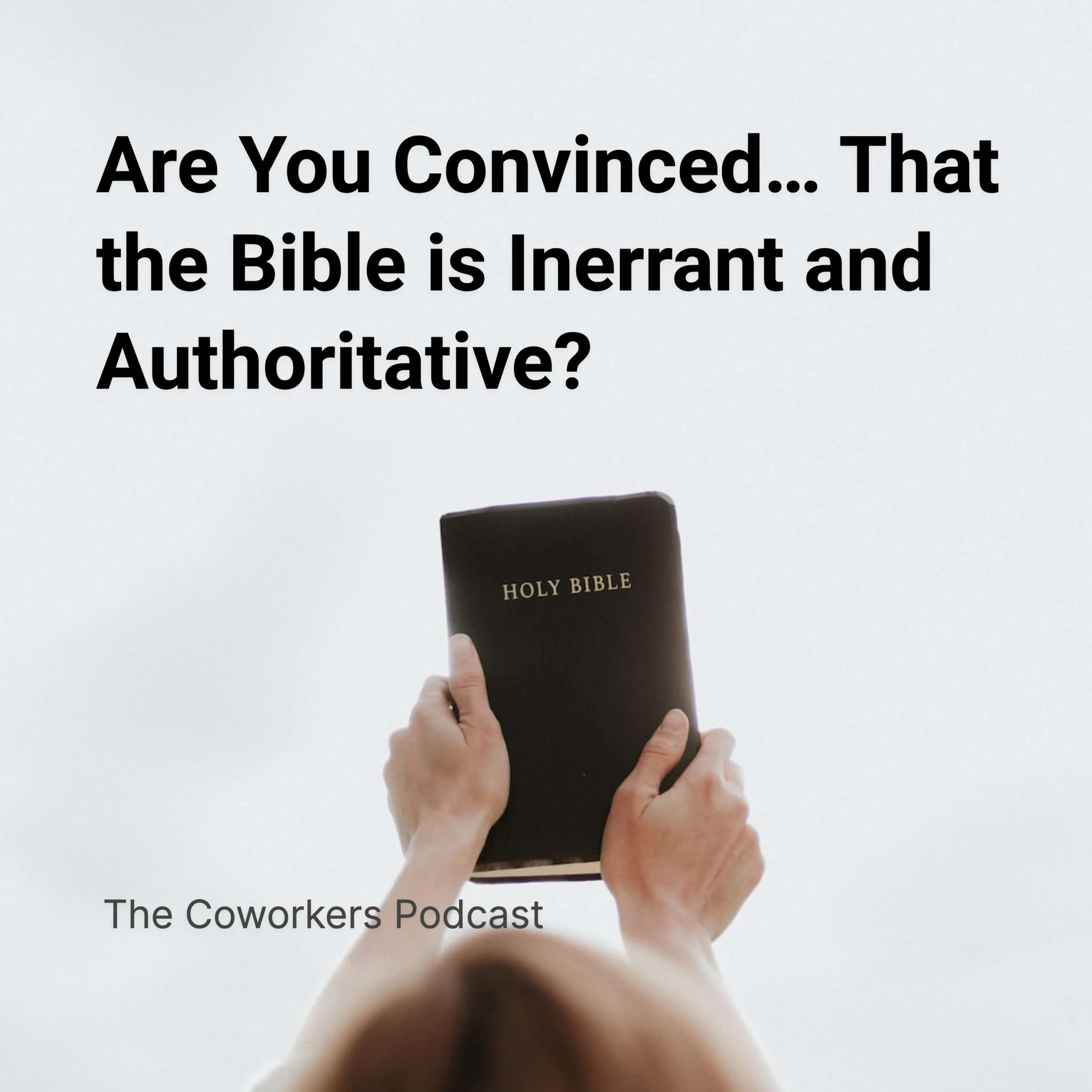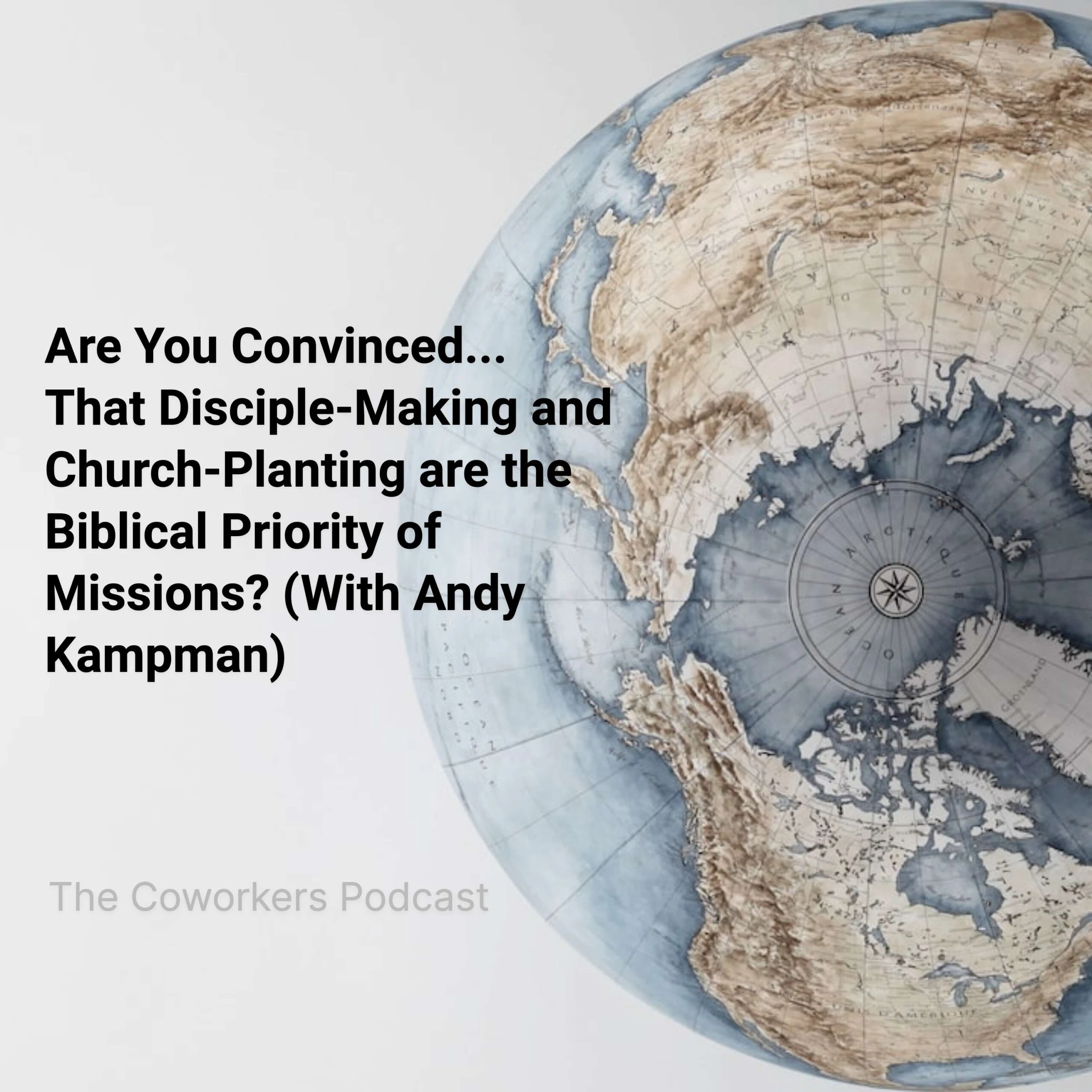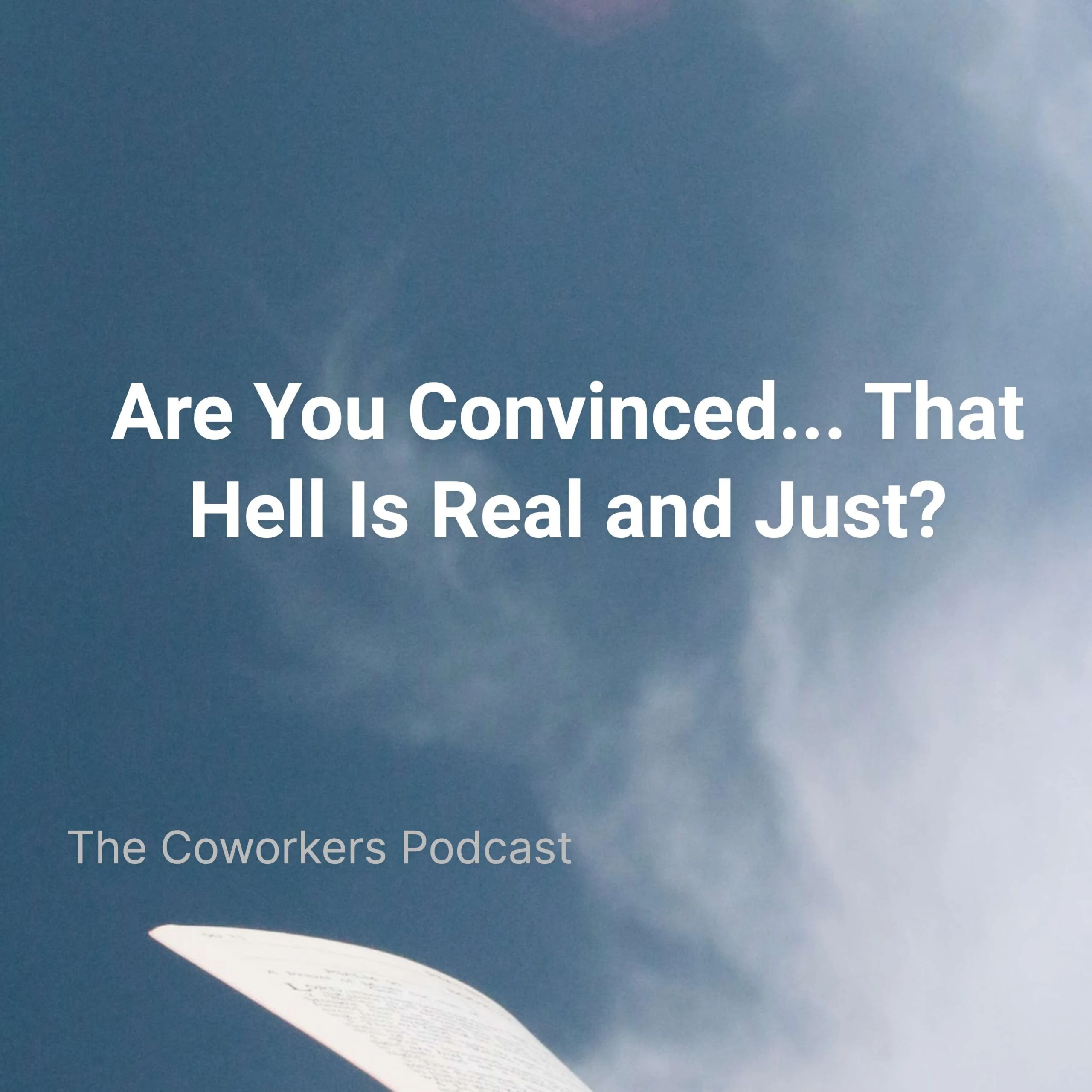
New Testament Norms Part 4: Prayer
Our 4th and final NT norm is the centrality of prayer in the life of the early church. Listen in as we share 4 “P” observations on prayer – It was a Priority; It Preceded the filling and work of the Spirit; It was the church’s response to Persecution; and it was Personal and Persistent.
EPISODE NOTES
Our 4th and final NT norm is the centrality of prayer in the life of the early church. Listen in as we share 4 “P” observations on prayer – It was a Priority; It Preceded the filling and work of the Spirit; It was the church’s response to Persecution; and it was Personal and Persistent.
4 P’s:
1-Priority. Begins the book of Acts—“All these with one accord were devoting themselves to prayer, together with the women and Mary the mother of Jesus, and his brothers” (1:14).
In Ch. 2, the church was praying when the Holy Spirit filled them.
Acts 2:42- he church was devoted to prayer. It was one of the first things that marked them out—alongside the apostle’s teaching, breaking the bread, and fellowship.
Acts 6: We see the priority of prayer even more strikingly when the apostles single out prayer alongside of the ministry of the Word as their primary responsibility. “But we will devote ourselves to prayer and to the ministry of the word.”
“I stand here to confess frankly that from my inmost heart I attribute the large prosperity which God has given to this Church vastly more to the prayers of the people than to anything that God may have given to me. I know it is so.” – Charles Spurgeon
2-Precedes the filling and work of the Spirit.
Acts 2 begins with the believers all together in one place, praying. And we know what happened next—the sound from heaven like a mighty rushing wind, filling the house where they were.
Acts 4- The believers are gathered together praying in the midst of persecution—praying specifically for boldness. “And when they had prayed, the place in which they were gathered together was shaken, and they were all filled with the Holy Spirit and continued to speak the word of God with boldness” (4:31).
Acts 13- The prophets and teachers of the church in Antioch were gathered and they were worshipping the Lord and fasting. Just then the Holy Spirit calls out Barnabas and Saul. And after fasting and praying they laid their hands on them and sent them off.
These are pretty pivotal moments in the history of the gospel—especially in Chapters 2 and 13. And we see that God’s people had been devoting themselves to prayer in the time leading up to these great events—these experiences of the Spirit’s work. Prayer had paved the way for these people to respond when the Spirit showed up.
3-Persecution- Prayer was the church’s consistent response to persecution.
Acts 4- Peter and John have just been threatened by the high-priestly council. “When they were released, they went to their friends and reported what the chief priests and the elders had said to them. And when they heard it, they lifted their voices together to God and said, “Sovereign Lord. . .” (4:23-24). Their immediate reaction to the threat of violence from the ruling authorities was to pray. And hear what they prayed: “And now, Lord, look upon their threats and grant to your servants to continue to speak your word with all boldness, while you stretch out your hand to heal, and signs and wonders are performed through the name of your holy servant Jesus.”
Acts 12- Peter is in prison and miraculously rescued by an angel of the Lord. When he is rescued, it says “he went to the house of Mary, the mother of John whose other name was Mark, where many were gathered together and were praying.” Again, the response of the church to the persecution of her people is to pray.
Acts 16- Paul and Silas in prison. “About midnight Paul and Silas were praying and singing hymns to God, and the prisoners were listening to them.” In the midst of persecution, we find these two workers praying and singing hymns.
Prayer is what we do when we are persecuted. It is the response of God’s church to the threats and persecutions. In each of these moments, God miraculously answered.
4-Personal and Persistent.
In Acts, we don’t get much details about the personal prayer lives of the apostles. Many references are to the church praying corporately. However in Paul’s epistles, we find Paul talking about his own prayer life all over the place – way too many to reference, will just name a few-
Eph. 1:16- “I do not cease to give thanks for you, remembering you in my prayers…” and we see his personal prayer for the Ephesian believers.
Eph. 3:14-19.
Paul’s prayers were important enough for him to write out for them and for us.
A few examples from 1st Thessalonians:
1 Thess. 1:2- “We give thanks to God always for all of you, constantly mentioning you in our prayers.”
1 Thess. 5:17- “Pray without ceasing.”
1 Thess. 5:25- “Brothers, pray for us.”
Paul was not voicing prayers for believers every moment of every day. He was sometimes preaching the gospel; he was sometimes sleeping; he was sometimes eating or traveling. But he had such a habit of prayer that he described it as day and night, constant.
Eph. 6:10-20- Paul teaches us that we are in a spiritual battle and prayer is an essential weapon. Paul commands us to take the sword of the Spirit, which is the word of God, praying at all times in the Spirit, with all prayer and supplication.
The Word, The Spirit, and constant prayer. As we’ve found these 4 NT norms, we have seen in a new way for us how intertwined they are. The Word bears fruit by the power of the Spirit. The Spirit honors and responds to the preaching of the Word and obedience to the Word and prayer. Prayer is what invites the Holy Spirit to work in our lives, and there is no real prayer without the presence of the Holy Spirit in our lives.
Prayer was seen as part of the work of the church. It was at the center of their ministry. We have a saying among our teams here that prayer is the greater work. We believe that because we ultimately believe that this work we’re doing is His work. It doesn’t move forward unless He moves and the Spirit grants repentance and life. Paul said, “I planted, Apollos watered, but God gives the growth.” Prayer is an admission of our helplessness and a plea for God to do what only He can do. That’s why we see the early church devoting themselves to it. Prayer was necessary to them—it was just a part of their lives, and of their gathering together.
If you are listening and feel like you’re a terrible pray-er, don’t give into discouragement or paralysis or accusations — just start! Read a good book on prayer. Make sure you’re spending daily time with God alone in the Word and in prayer. Use your drive or shower to pray. Post a prayer list by your bathroom mirror and pray as you brush your teeth. Set a timer for a certain time each day. 12:12, 3:10. And ask God for help!
This concludes our series on NT norms – daily ministry, the Word, the Spirit, and prayer.







